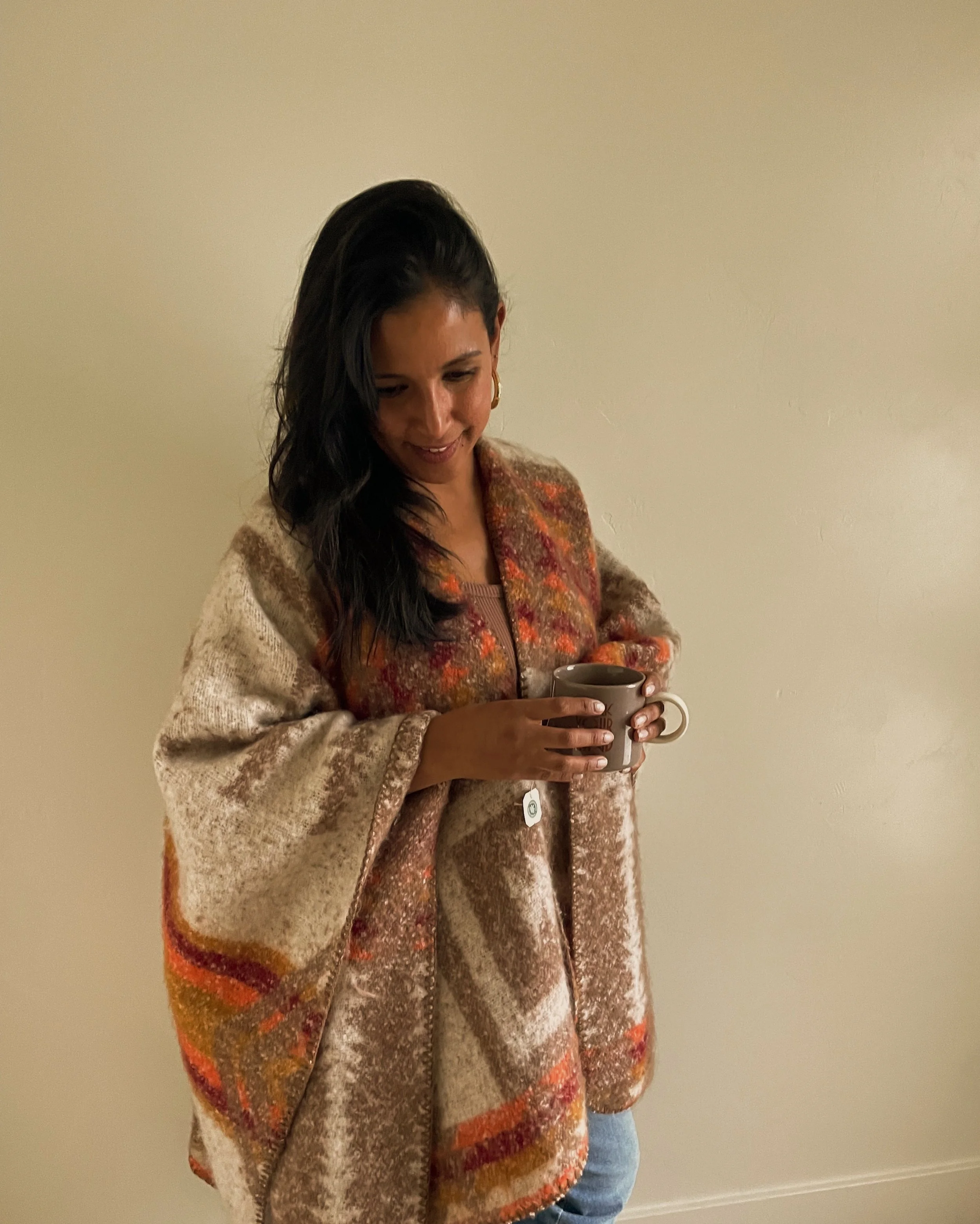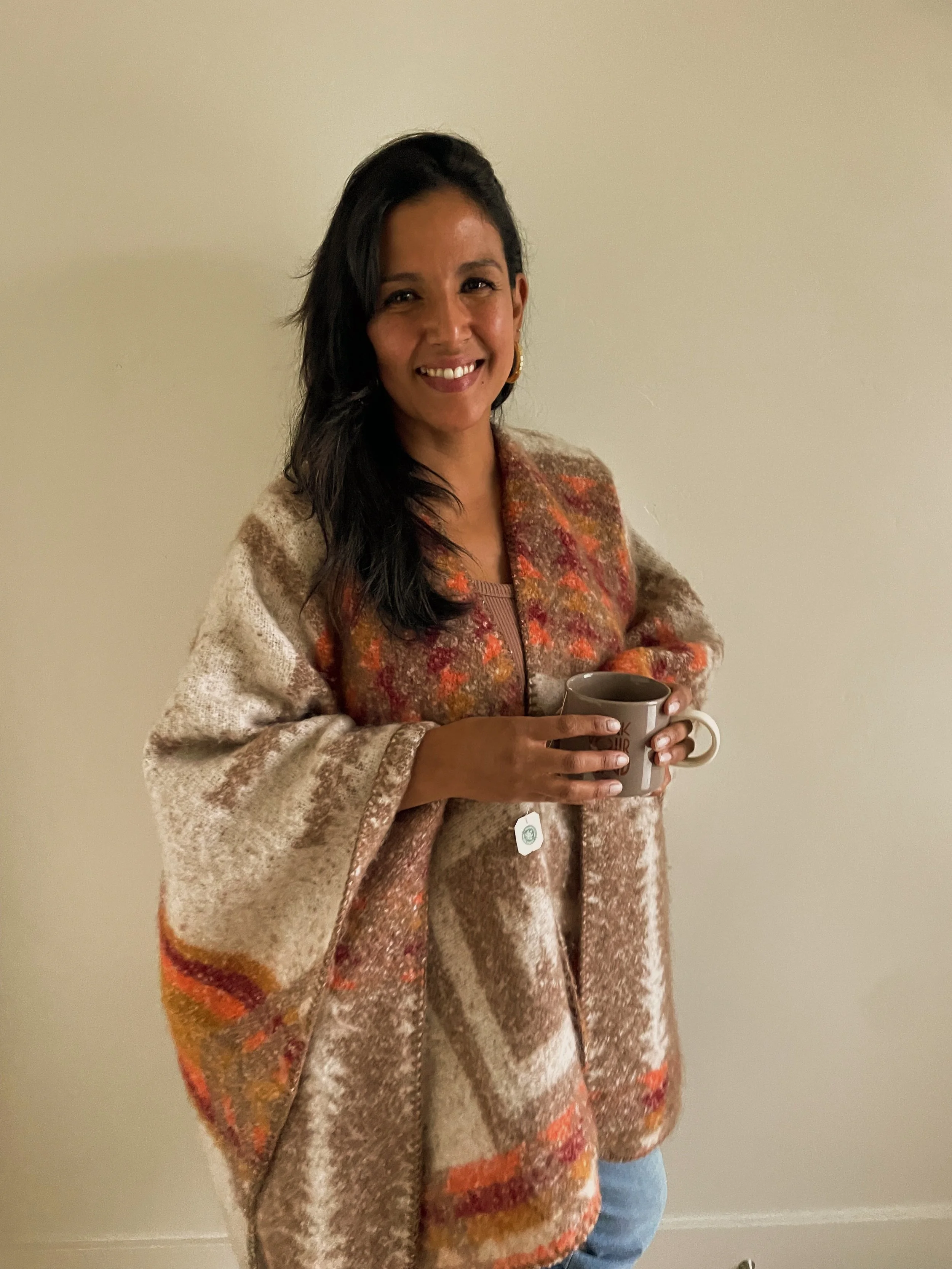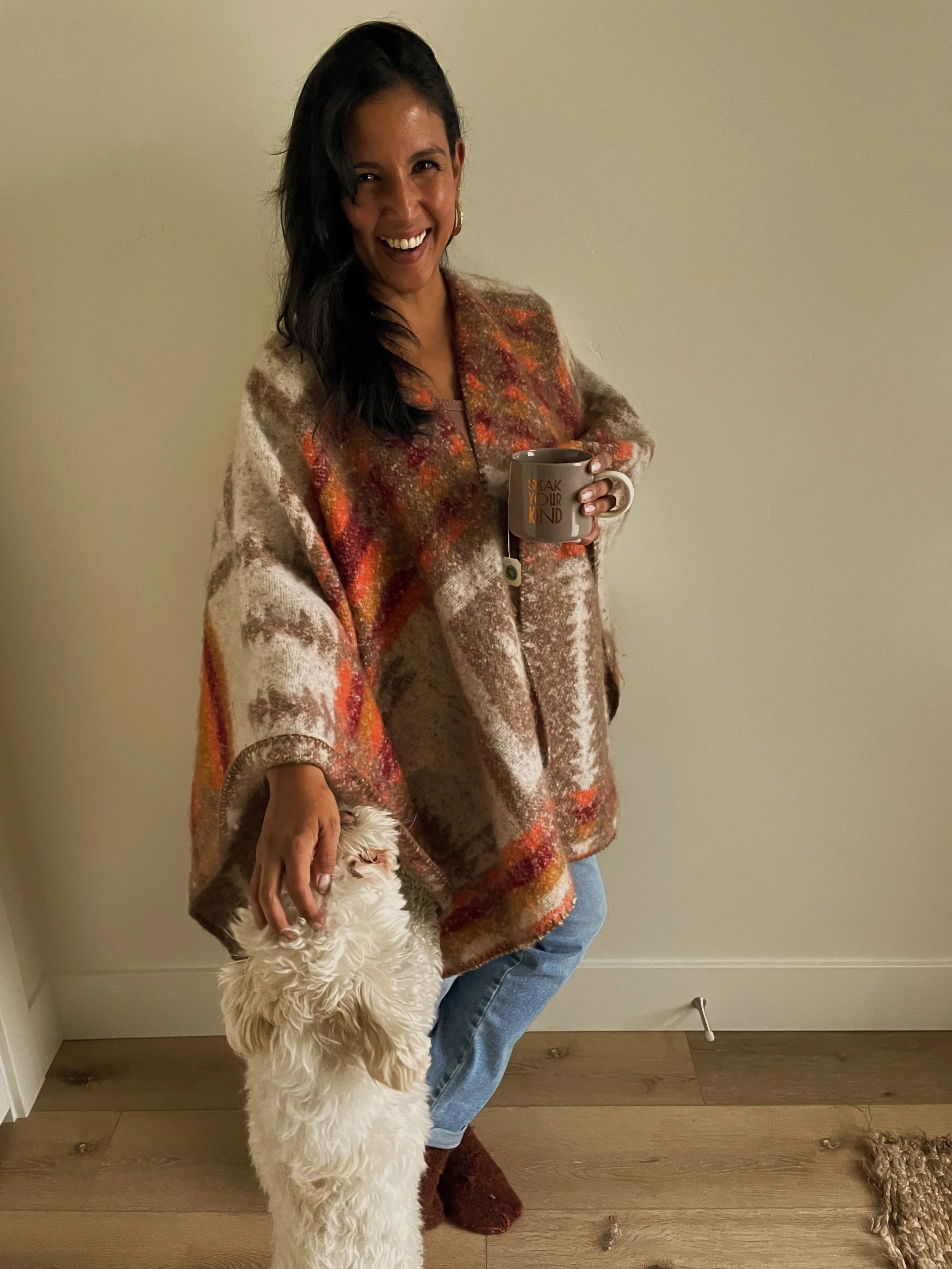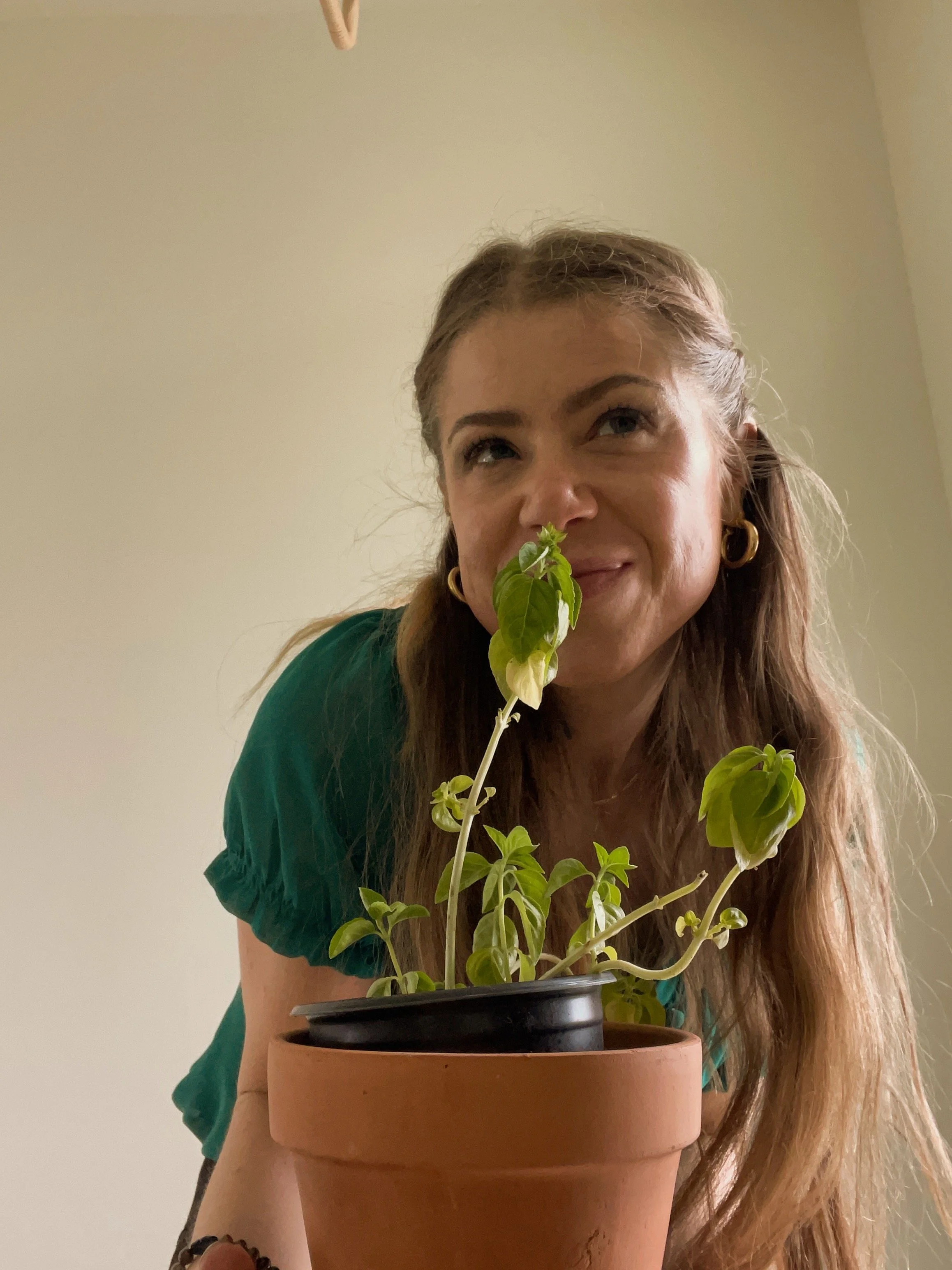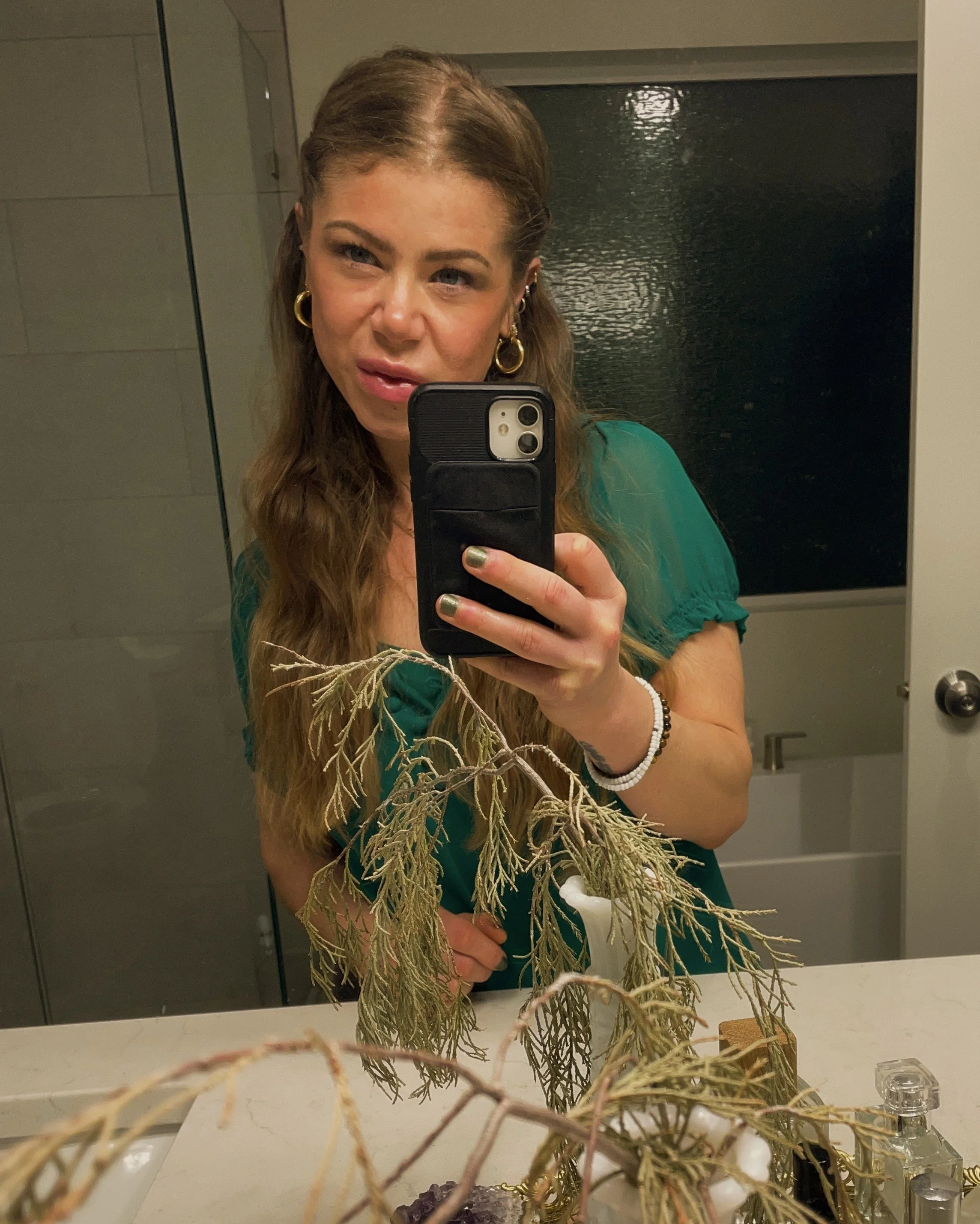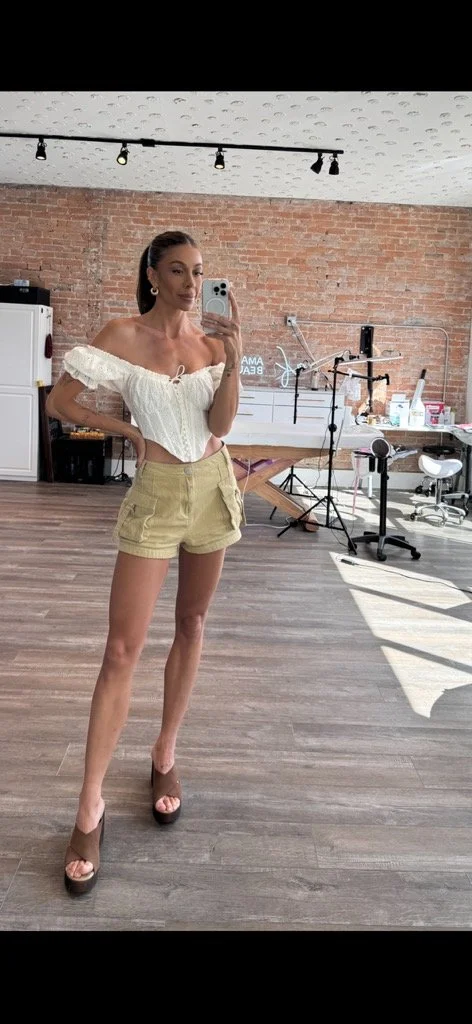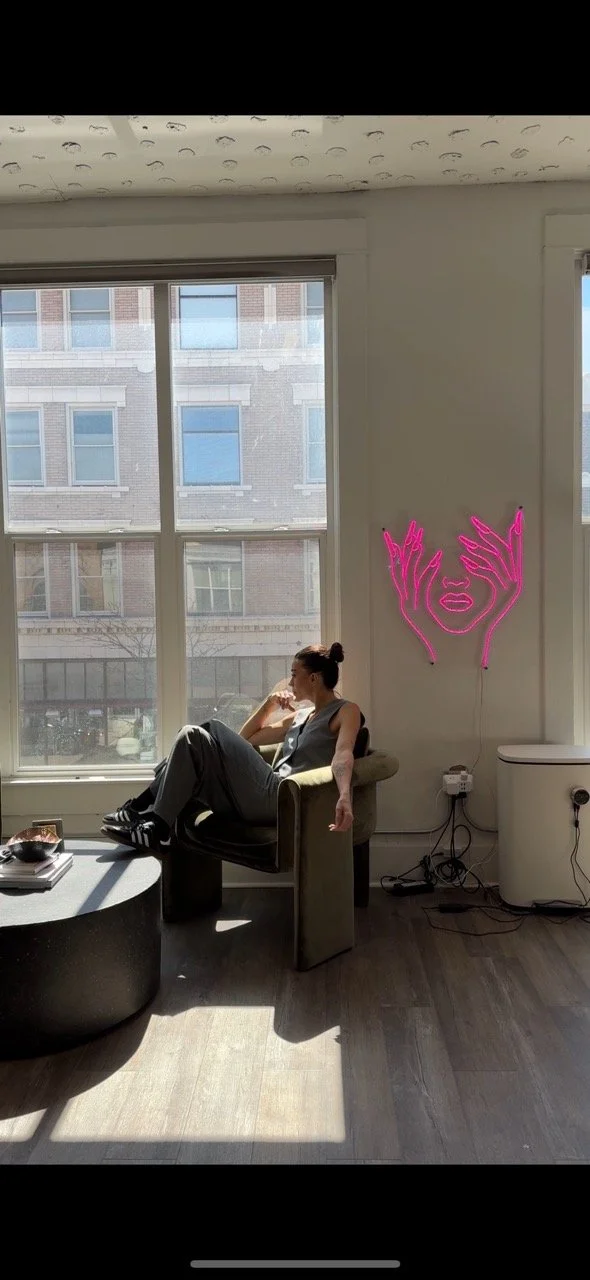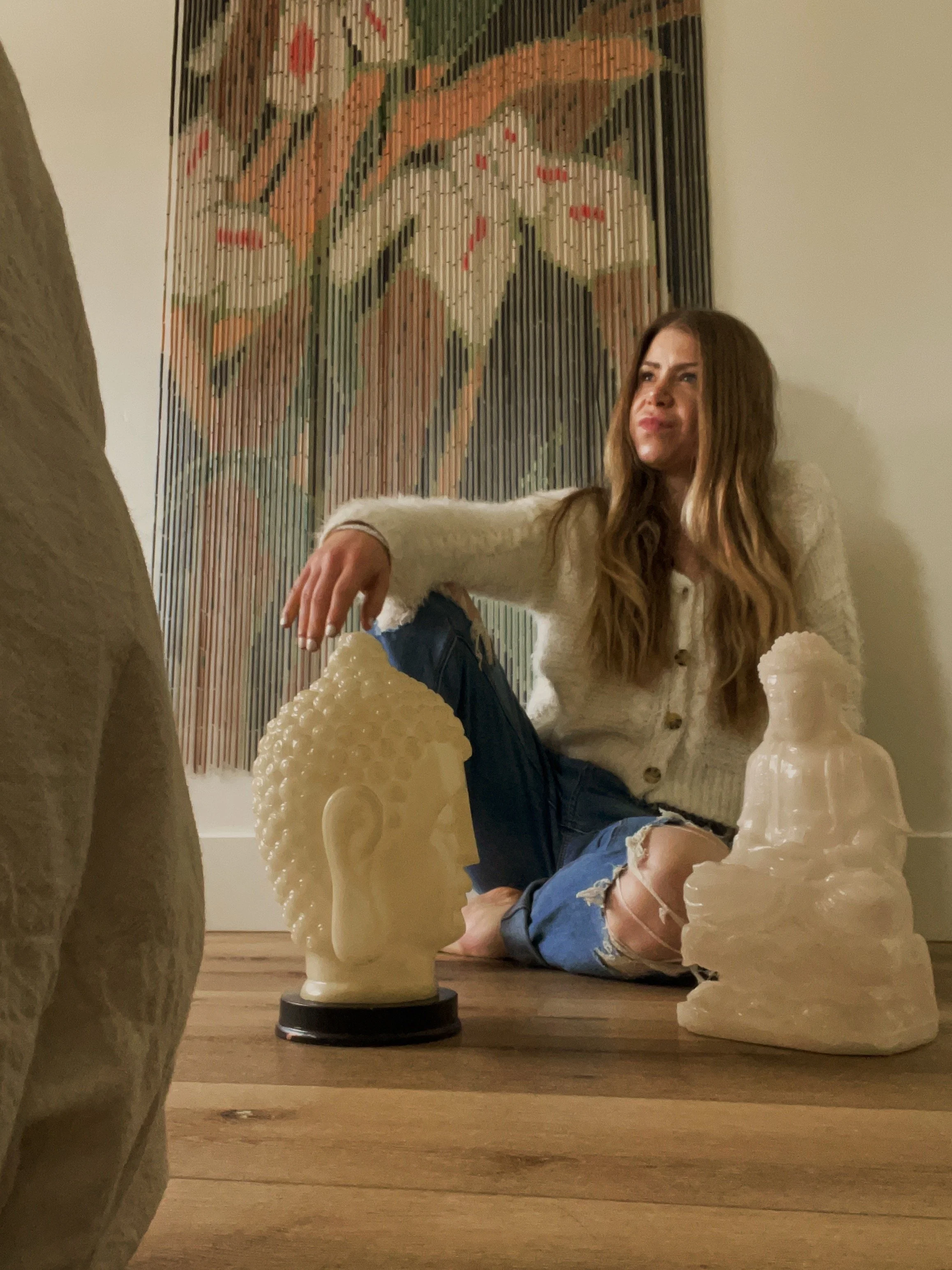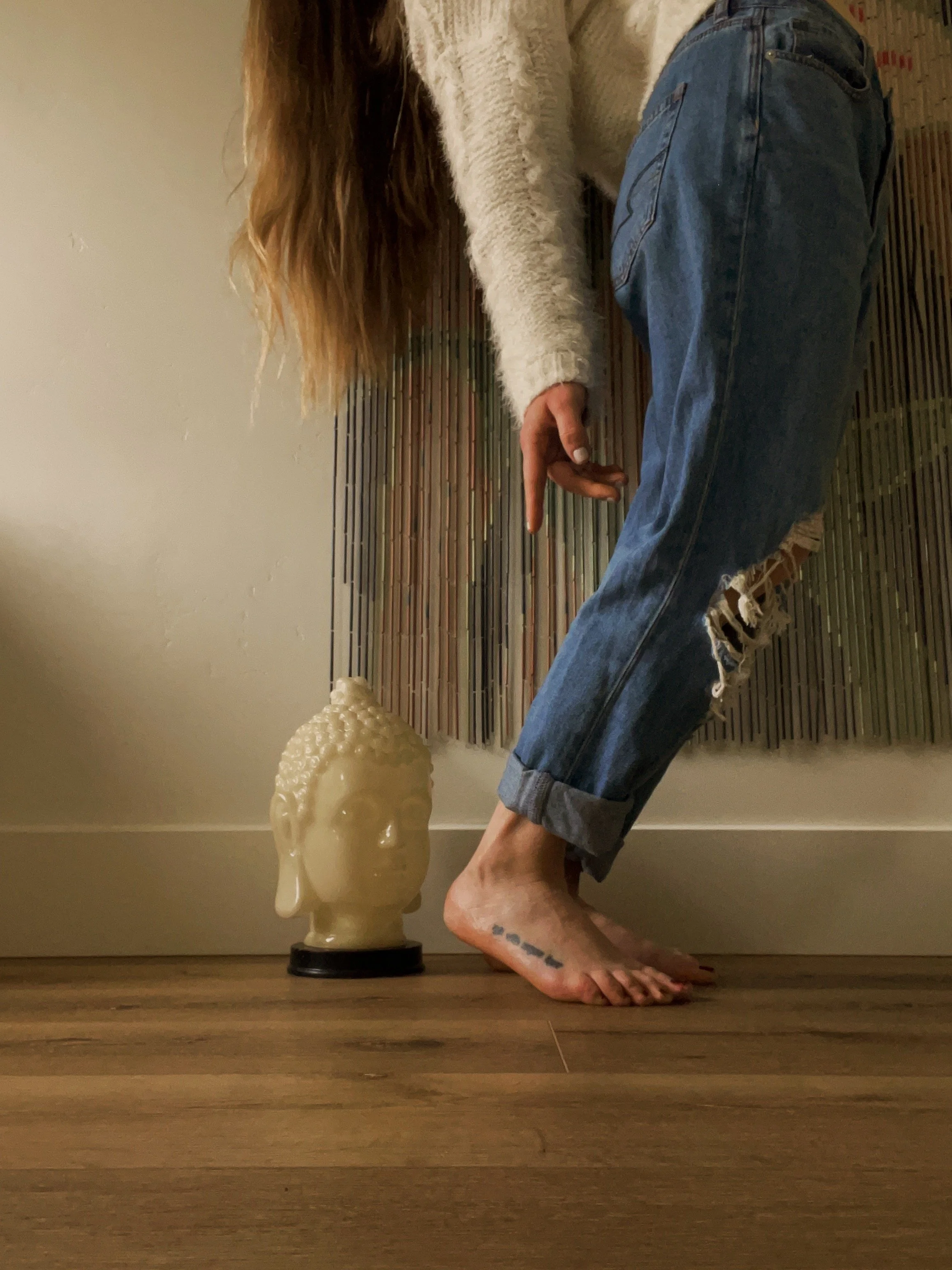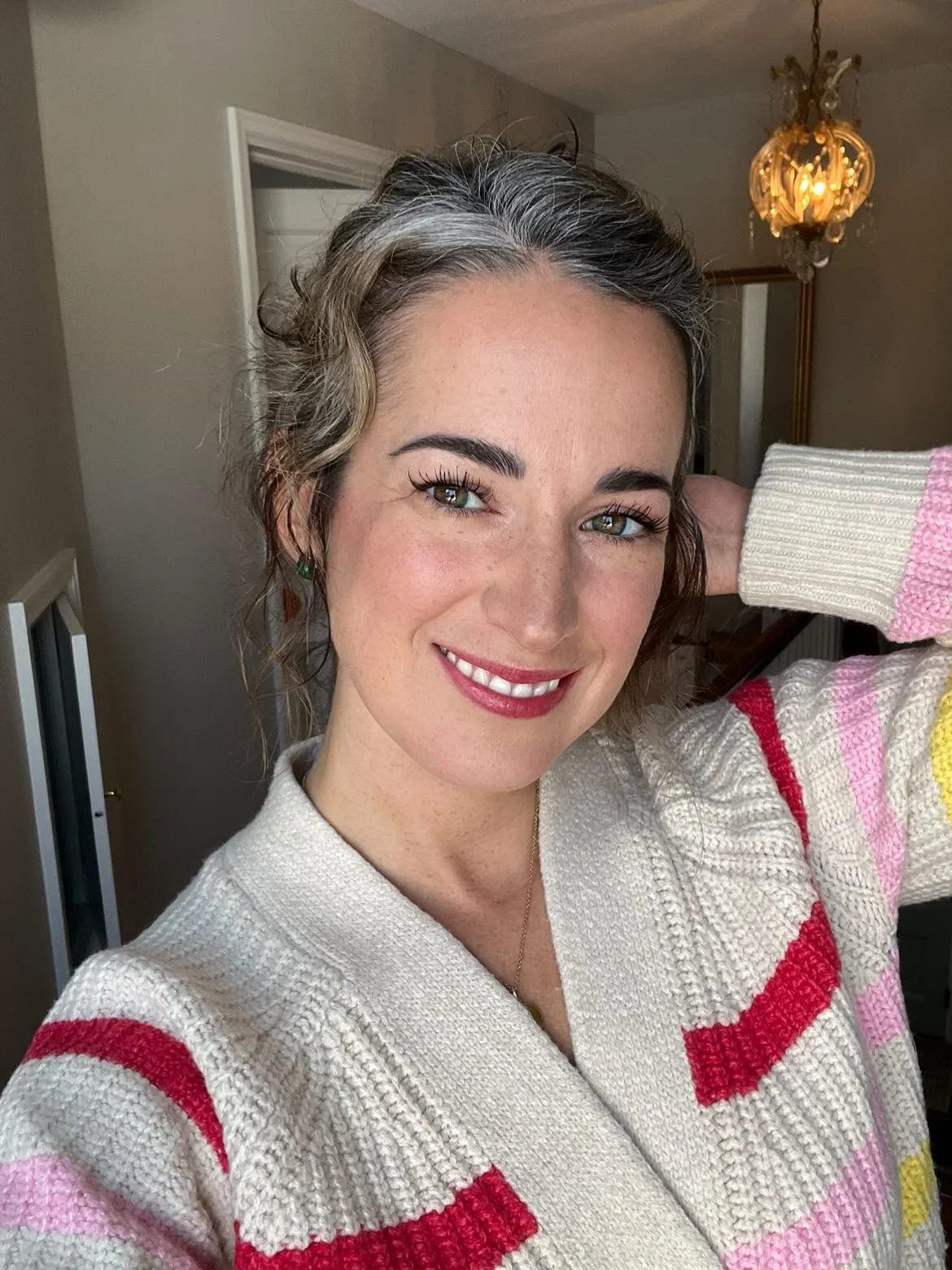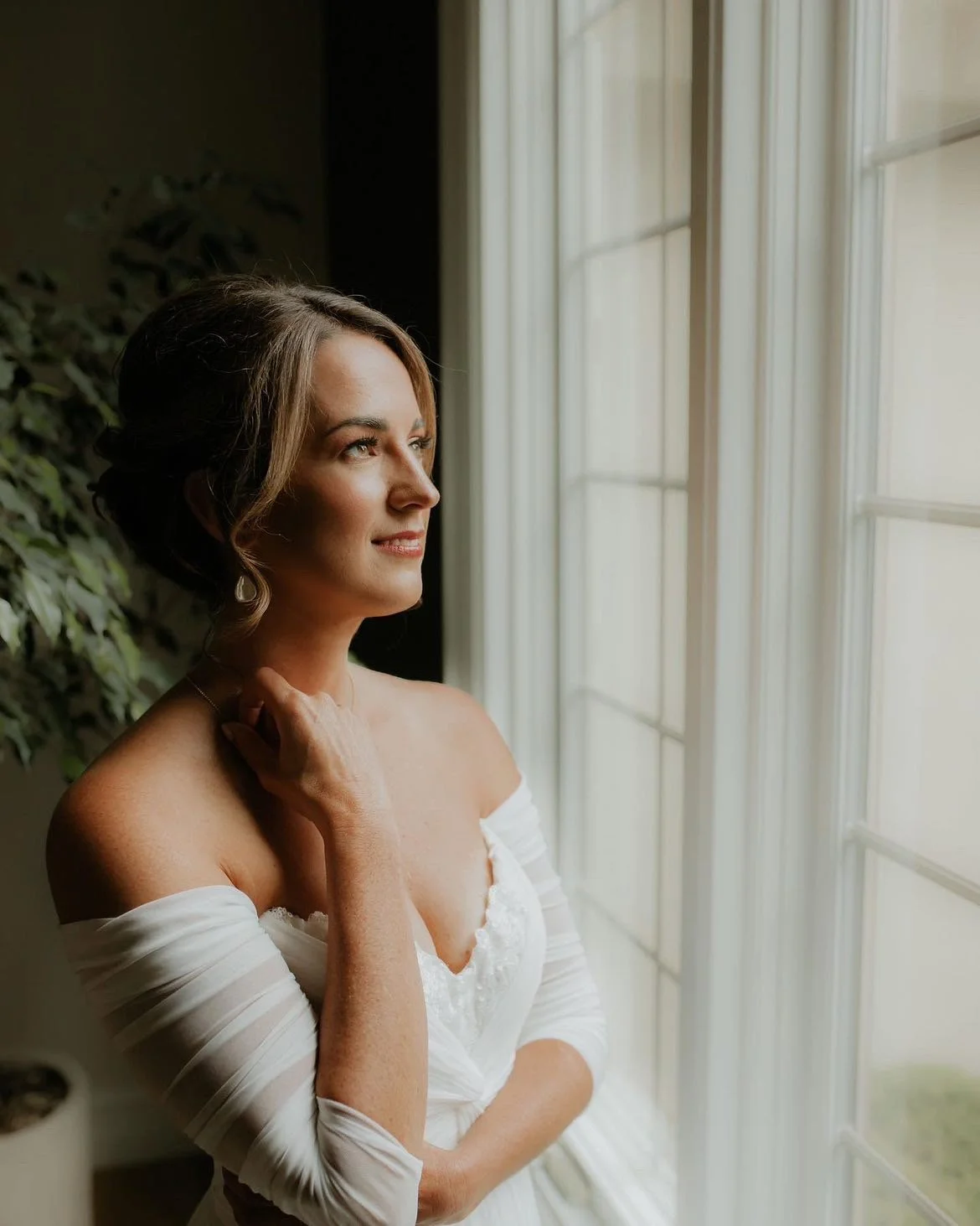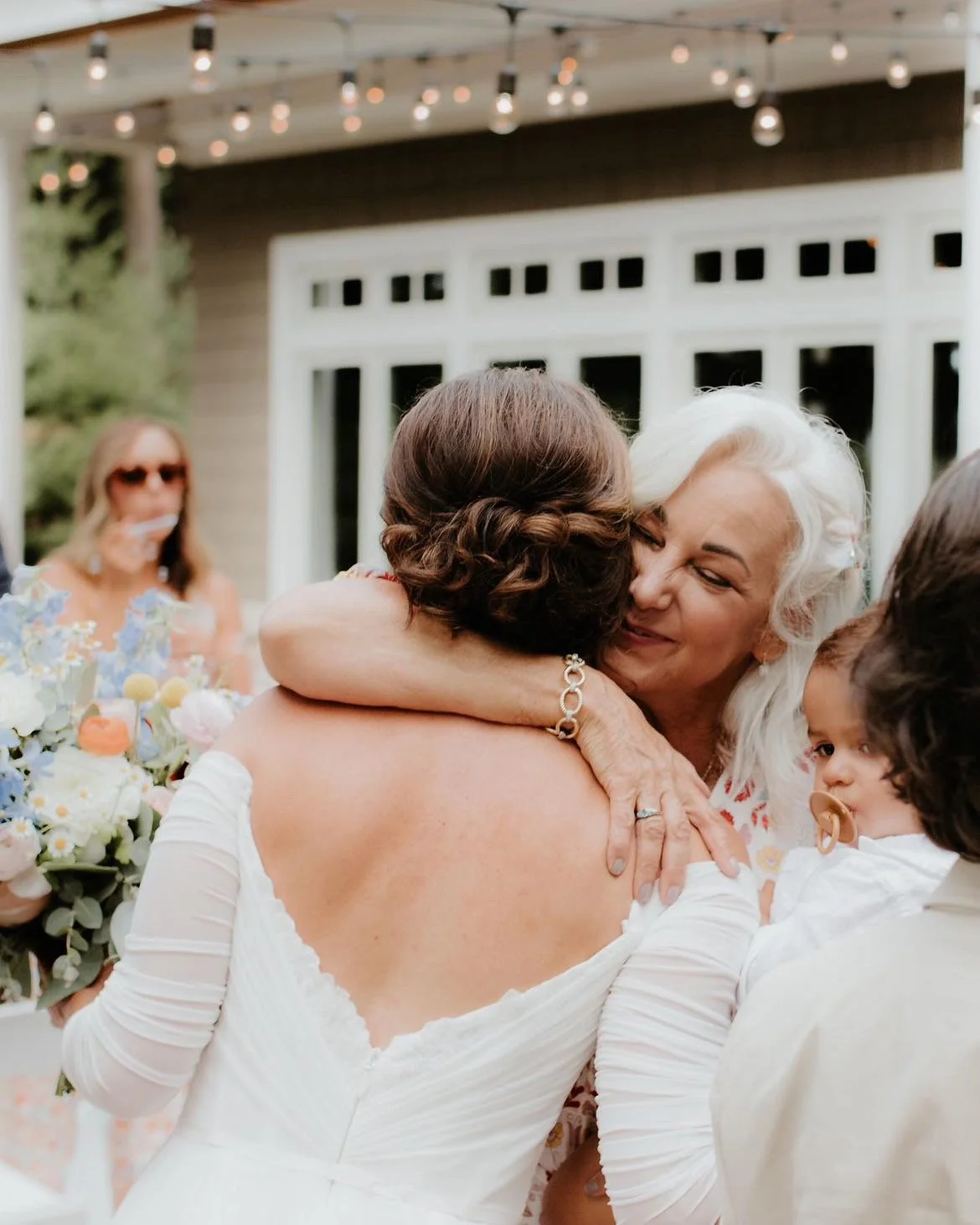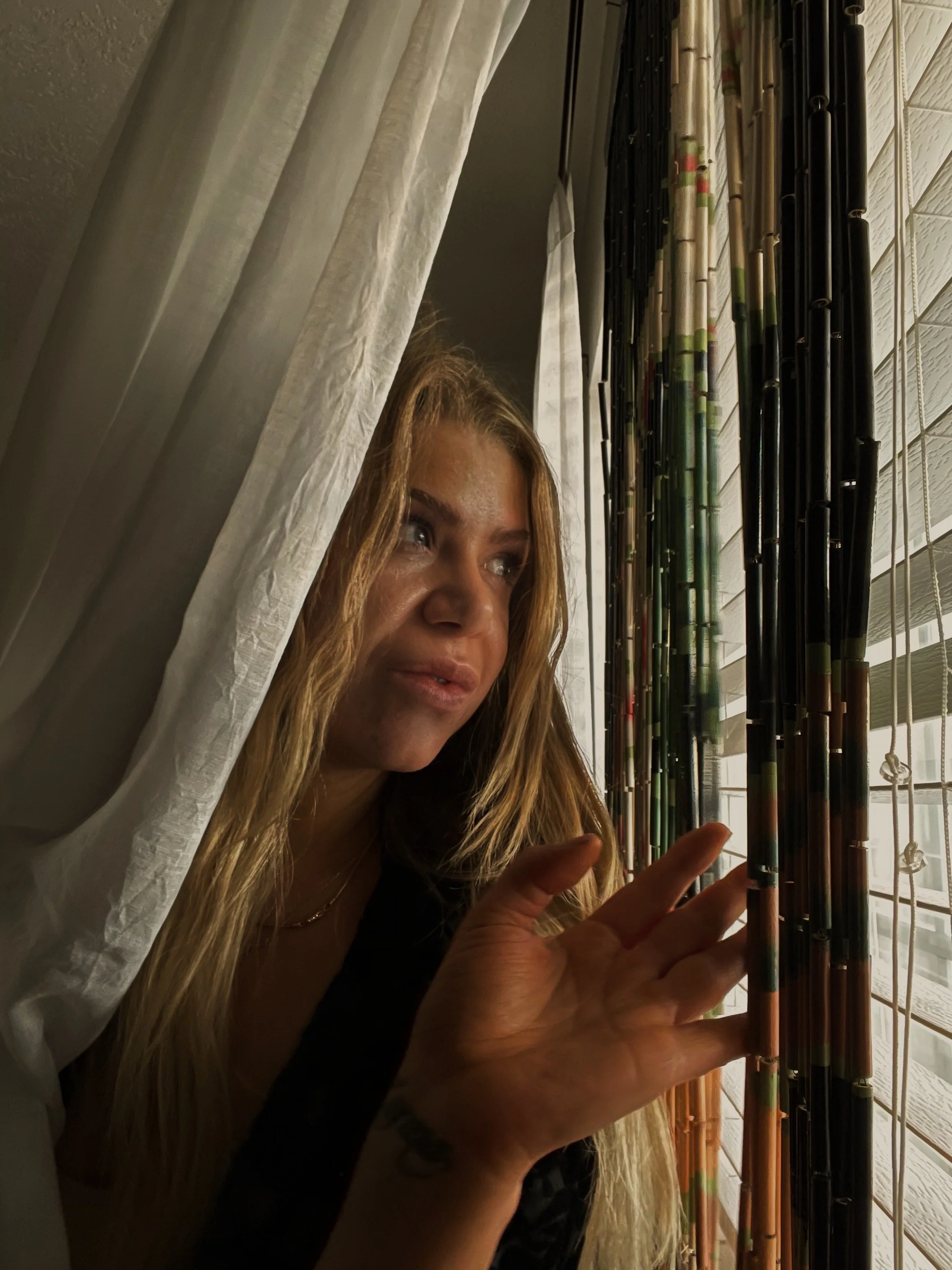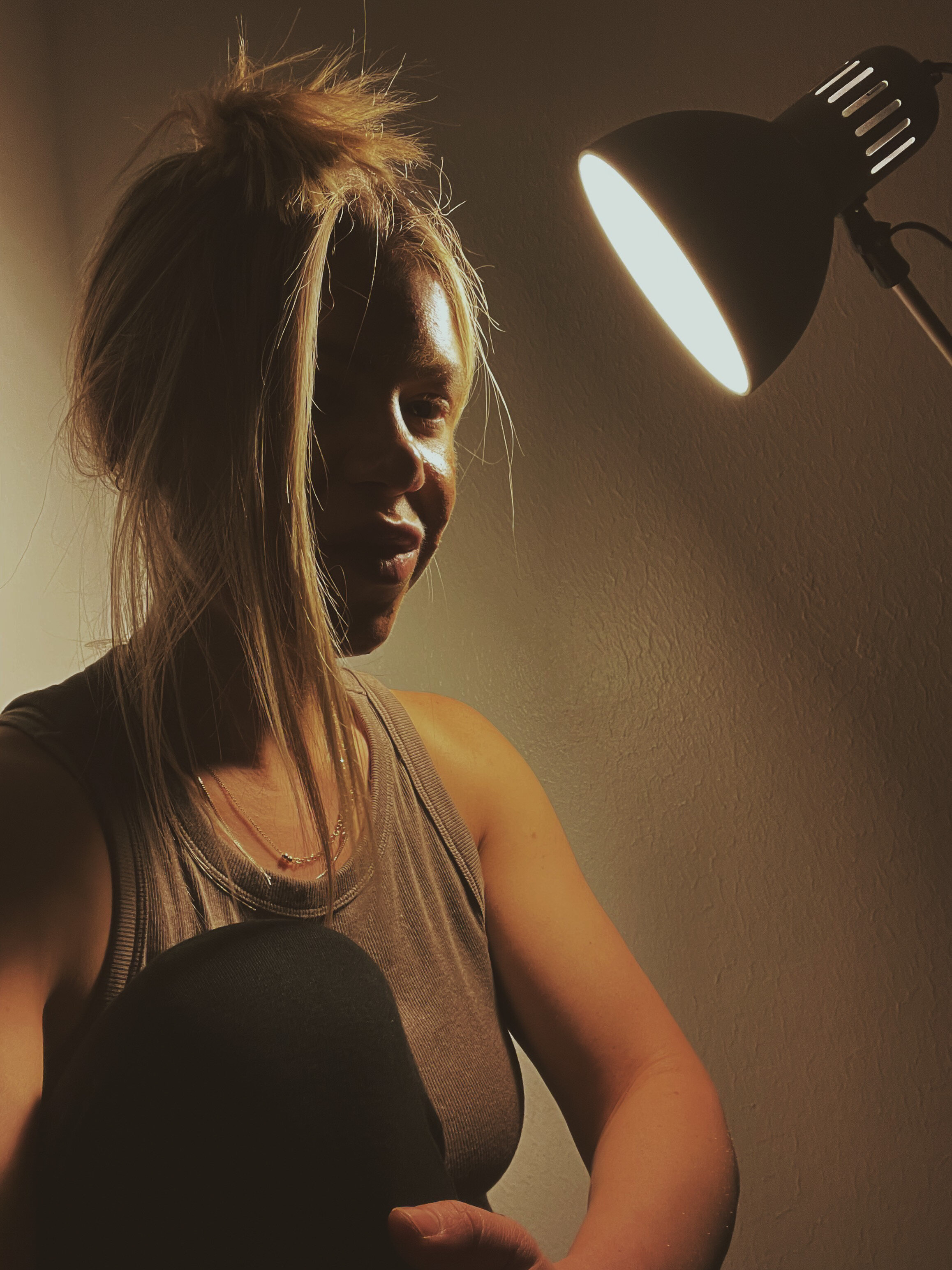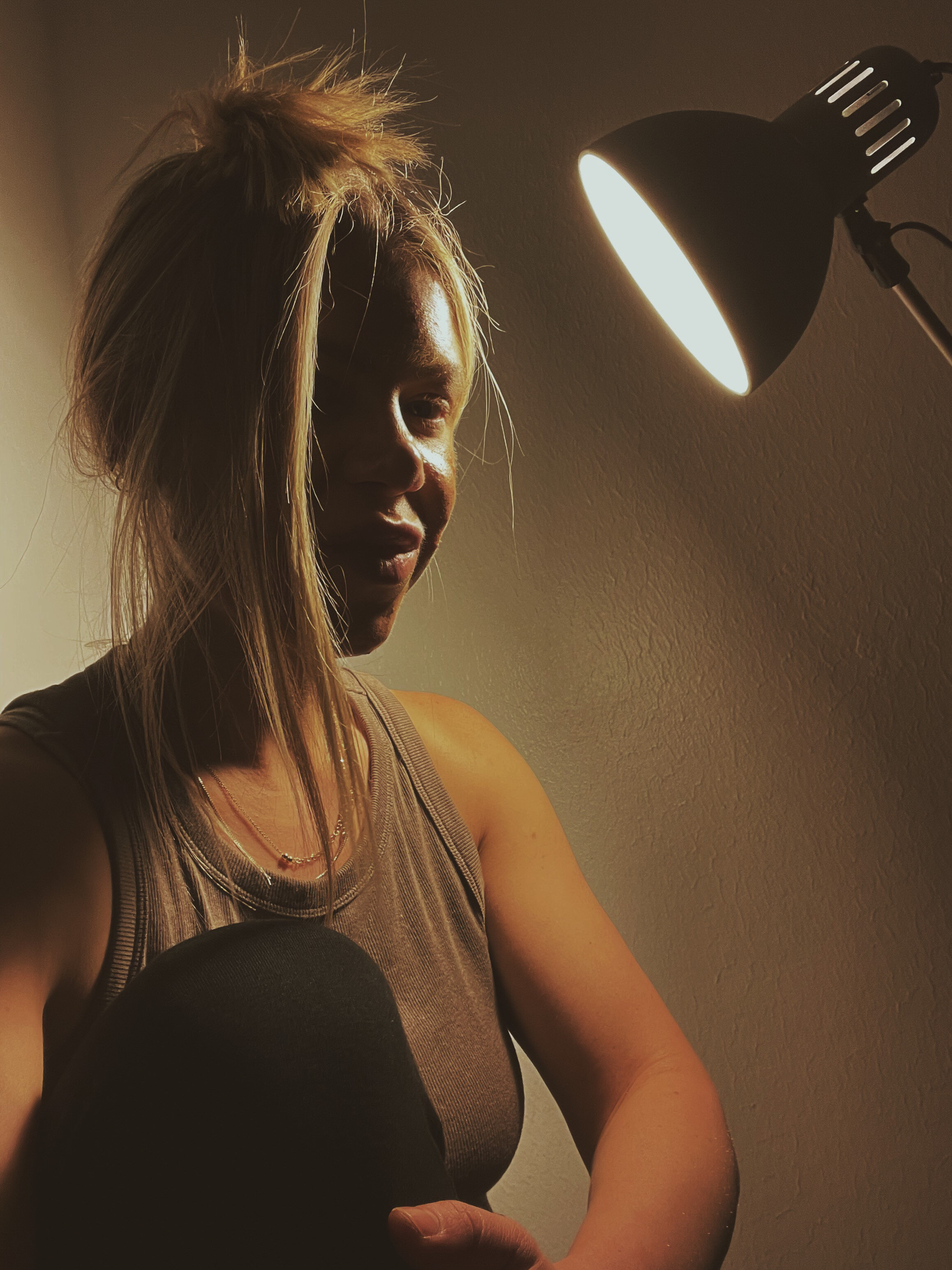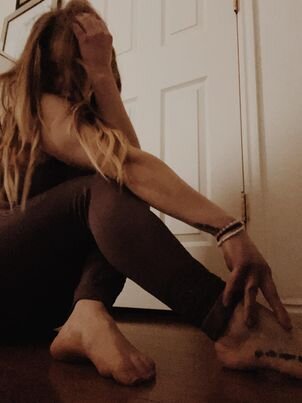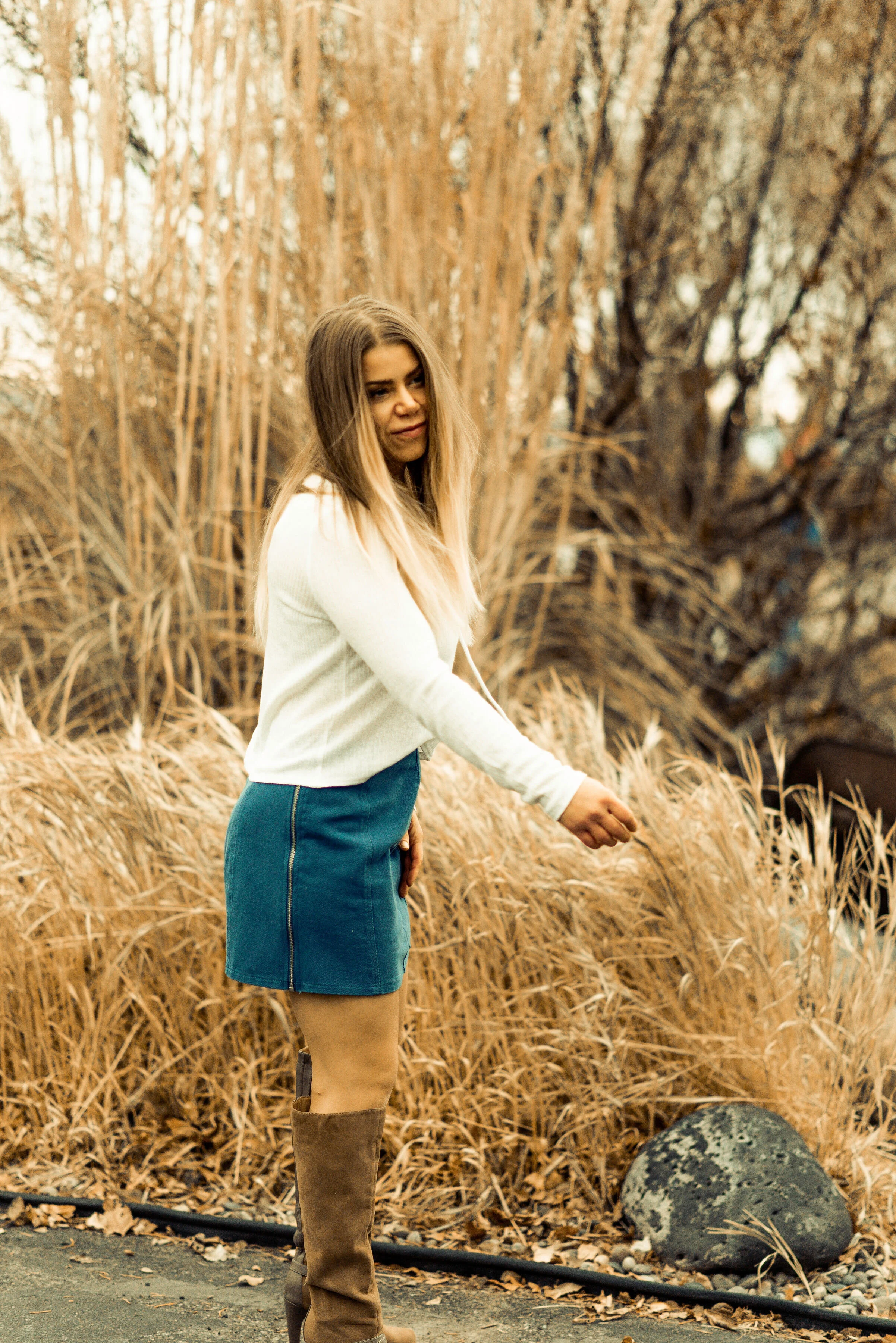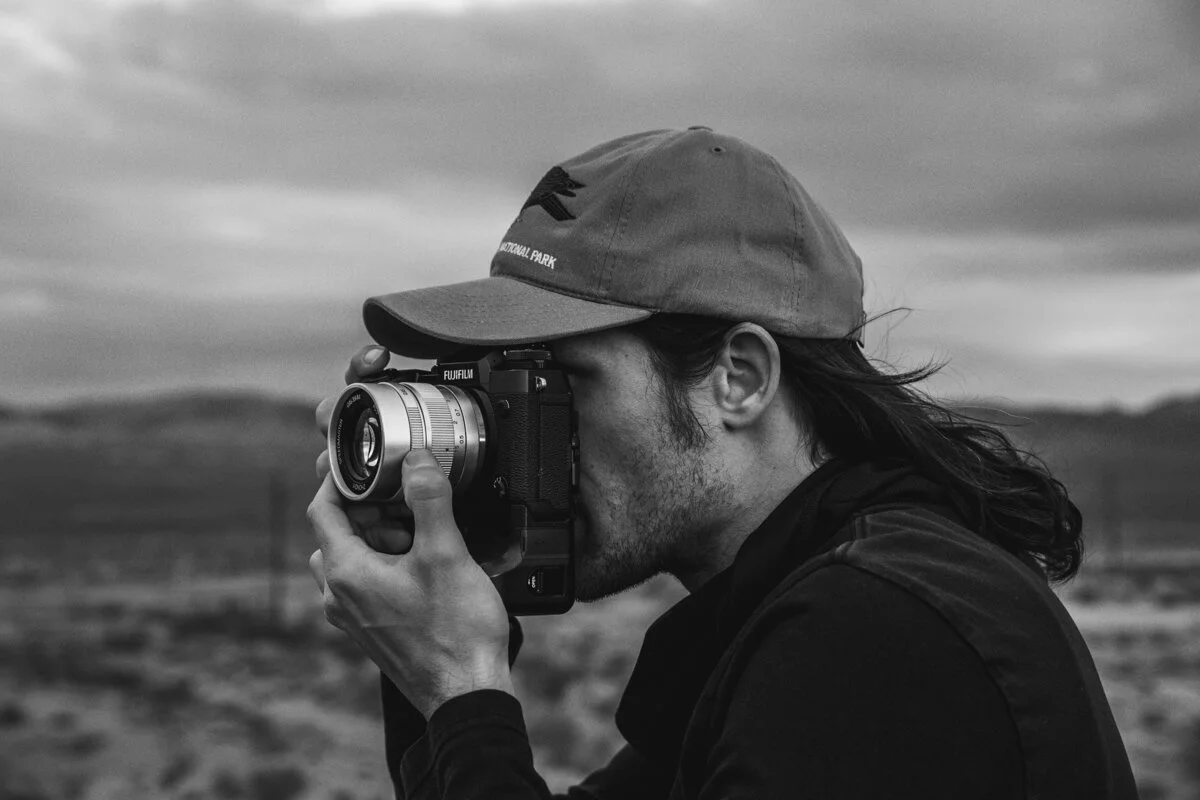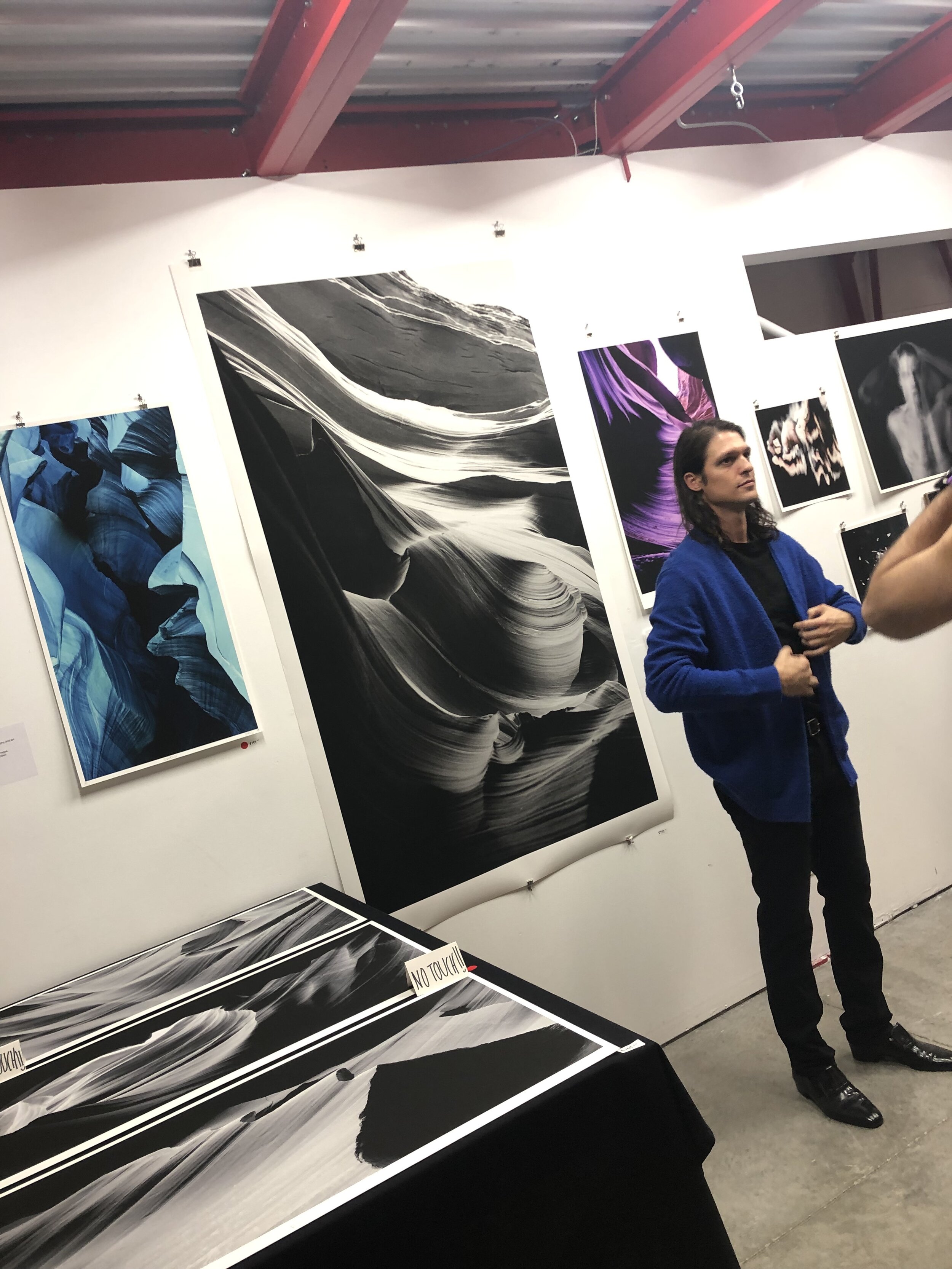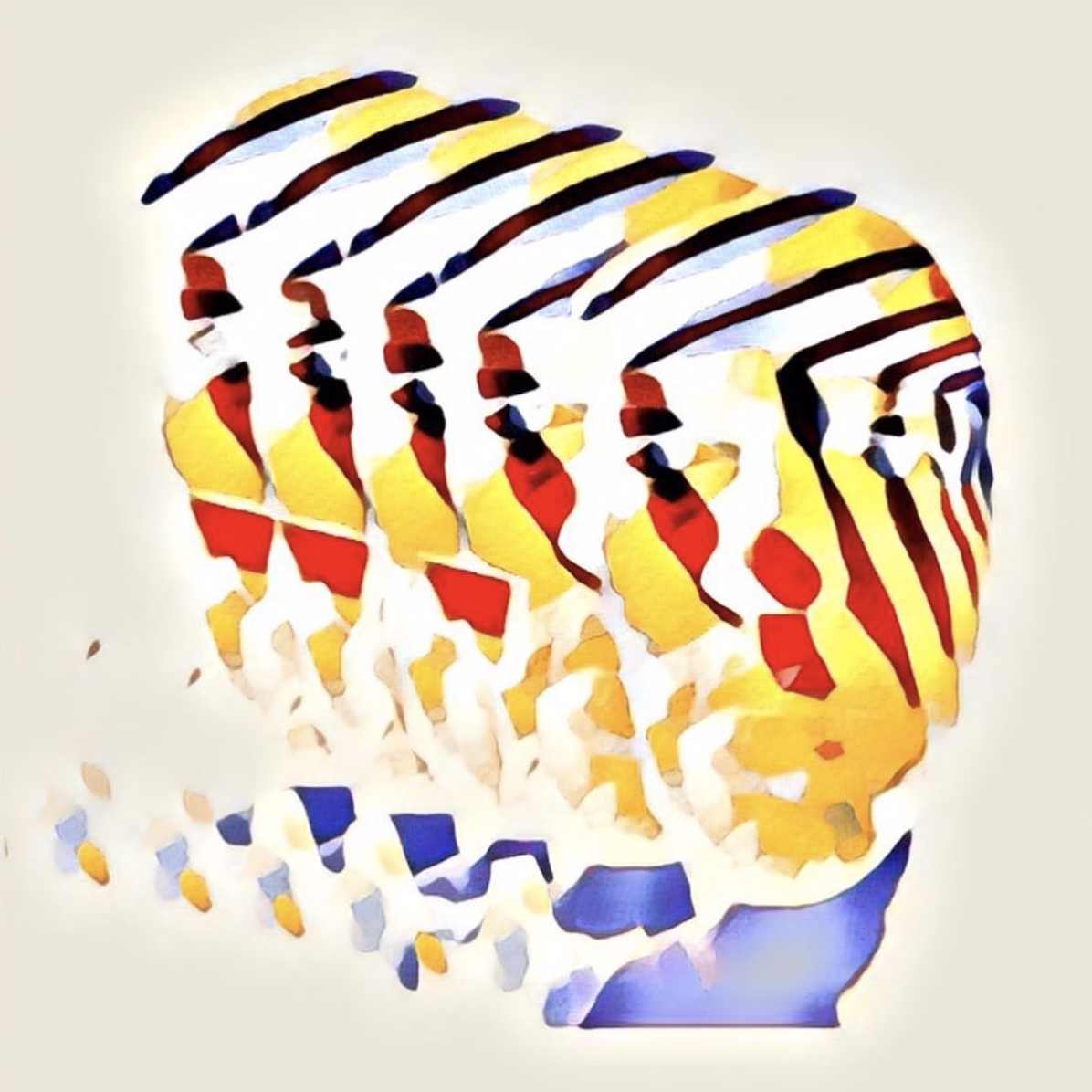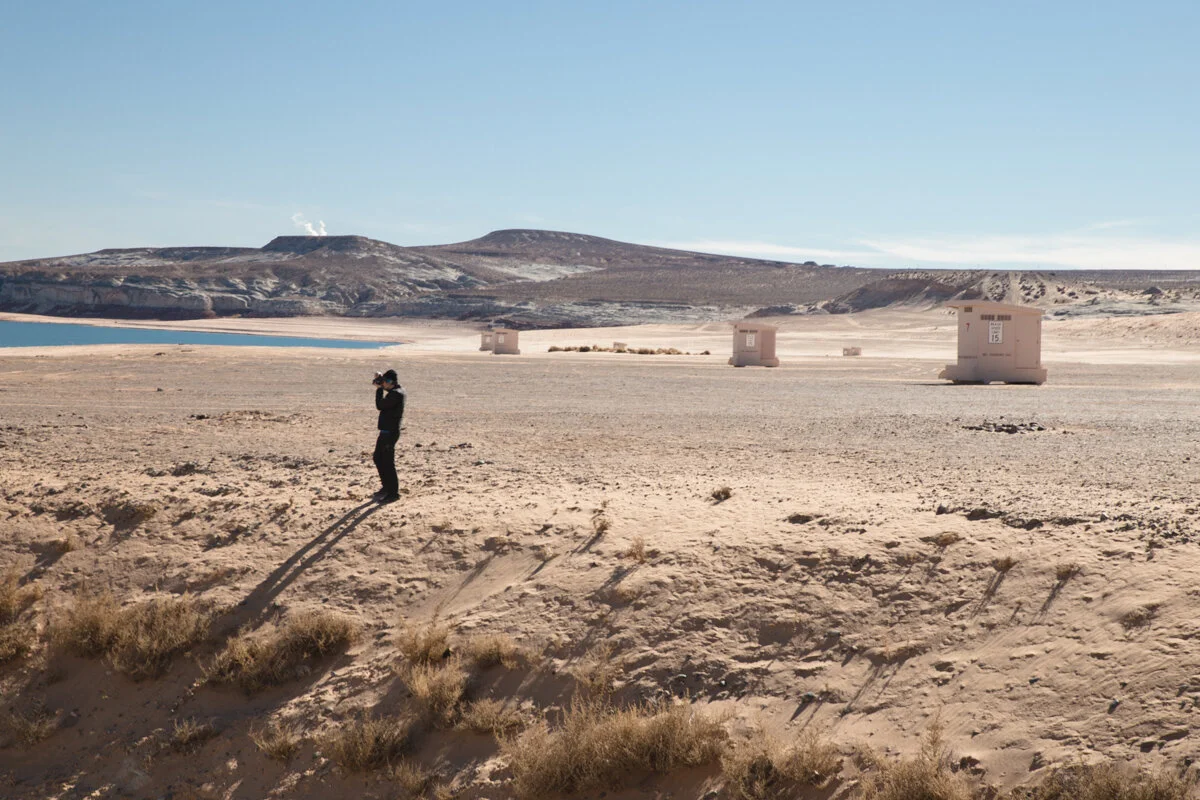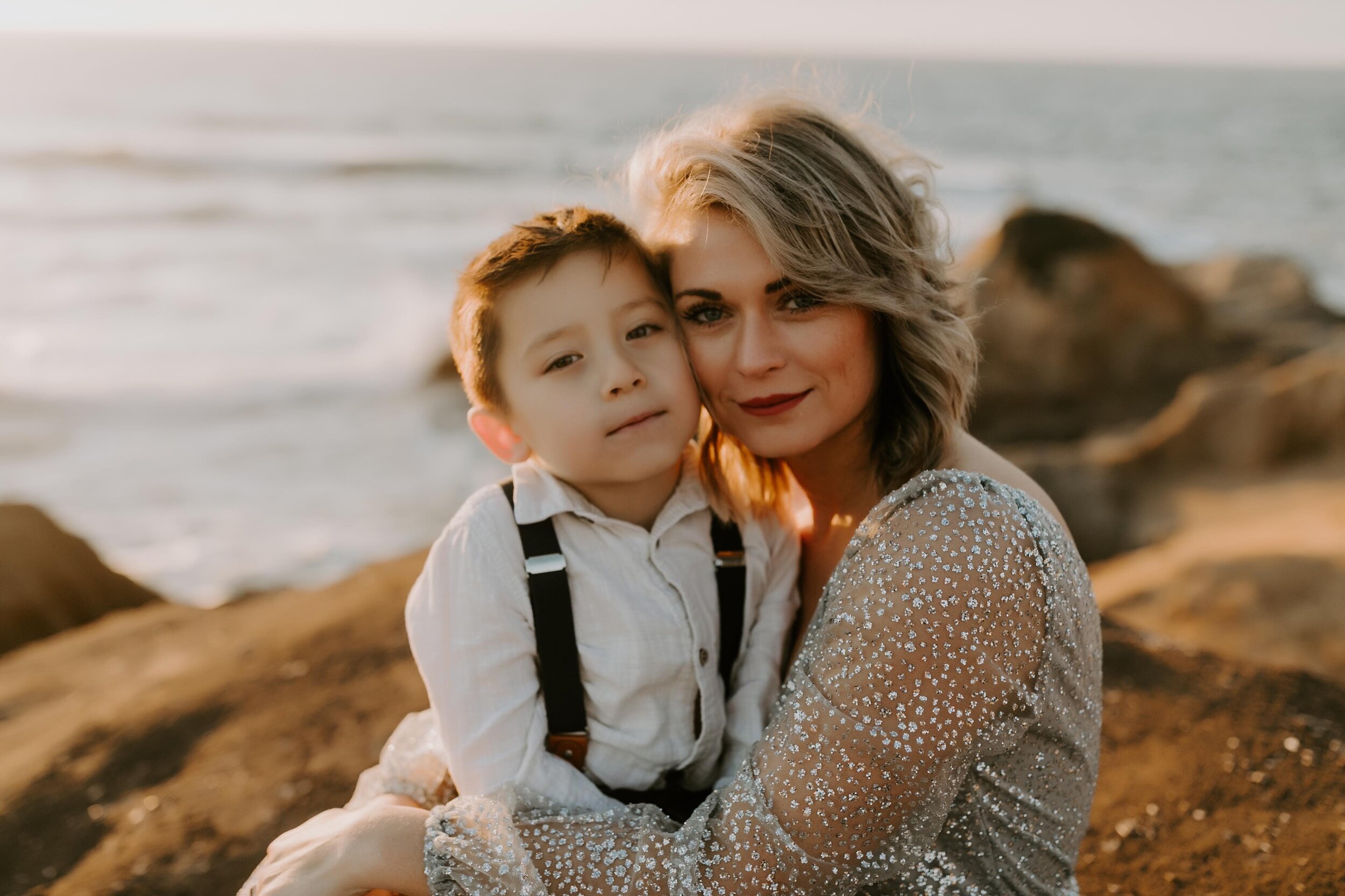Cultivating Connection, Community, Partnership, Support, and Intimacy
My vibrant friend Vera Marcinko is this episode’s guest of honor. As a doula, Vera is a birth and postpartum mentor who shares her own postpartum journey, and its effect on her health, her marriage, and her identity. There’s something in this episode for everyone., as we go wide and deep, covering:
+Why community is crucial for humans, especially in pivotal life moments
+What you can do if you feel unsupported as a partner, a parent, a friend - or just a human in general
+How to connect with yourself and others
+How to navigate intimacy as new parents
+What constitutes true intimacy
+What to do when you feel stuck/powerless/alone
+How approaching partnership, parenthood, and life from a place of understanding changes everything
+How to fill your own cup, especially as a caregive
Why you should prioritize patterns over perfection
A very meaningful and helpful episode.
Find Vera on Instagram @thespanglishdoula or @dlnvera
Connect with me on Facebook and Instagram @the_nativist
Visit https://clearstem.com/?ref=eubxjtws and use code WHITNEYRICHARDS for 15% off!
Resources mentioned in the podcast:
+We Can Do Hard Things Podcast: Find Healing In Your Partnership and Balance Inequality in Your Home with Kate Mangino
+The Breathing Cure: Develop New Habits for a Healthier, Happier, and Longer Life
+@theteachermomma on Instagram
Off Brand: Choosing Connection Over Commodification and Authenticity Over Algorithm
I start this free-flowing solo episode with no set topic or structure. In this age of personal branding, formulaic creating, and calculated sharing, I discuss prioritizing connection over commodification. I tell how after extensively researching and studying the best marketing practices, I opted for authenticity over algorithm. I note where I think social media is heading, and suggest what to do about it.
What comes forth ultimately coalesces into a theme of reclamation: of self, of creativity, of privacy, of time, of authenticity, of soul, of passion, of balance, of LIFE. Whether you have a personal brand or not, this episode touches on something we can all relate to: choosing how we show up in the world, and how we individually and collectively shape that world.
We’re all in it together.
Connect with me on Facebook and Instagram @the_nativist
Visit https://clearstem.com/?ref=eubxjtws and use code WHITNEYRICHARDS for 15% off!
x,
w
Self Investment: Maintaining Your Sense of Self Amid Life's Shifts
I somehow got my long-time friend Amanda Frost to agree to come on, and I think you’ll be glad I did. In this light-hearted - yet substantive - conversation, we cover quite a bit of ground. After revealing our real reasons for posting outfits of the day on social media, we continue on to chat about the importance of:
immunizing yourself against shifting trends and opinions by determining what works for you
identifying what works for you and what doesn’t, from your personal aesthetic to your ideology to your lifestyle
allowing flexibility in your perspectives and routines
investing continually in your self and your craft
communicating directly
discovering it’s less about looking good, and more about feeling good
recognizing and appreciating beauty in everyone
As Amanda framed it, this was simply a play date - and you’re invited.
Follow Amanda on Instagram @amandafrostbeauty
Connect with me on Facebook and Instagram @the_nativist
Visit https://clearstem.com/?ref=eubxjtws and use code WHITNEYRICHARDS for 15% off!
Re-branding Weirdness: Why Daring to Be Different Brings You Success
It’s nice - even preferred - to feel special, right? To feel exceptional? However, to be special and exceptional requires being different. So why do we disparage weirdness? Why do we actively criticize/avoid it?
I get into why.
I also get into why we shouldn’t; why our oddities should be celebrated and even cultivated. I share some of my own weirdo tendencies, and offer a pretty strong argument on letting your freak flag fly (whatever that means to you).
Be you. Be awesome. You little weirdo.
xx,
w
Connect with me on Facebook and Instagram @the_nativist
Visit https://clearstem.com/?ref=eubxjtws and use code WHITNEYRICHARDS for 15% off!
Silverevolution
In a world of black and white, gray can be revolutionary, whether you’re accepting life’s nuances or your hair’s natural color. What if we leaned into the gray, instead of fighting or ignoring it? Meg Holmes shares her experience doing just that, by transitioning to her natural hair color and letting her silver shine through. She shares her steps, her thoughts, and her advice, including surprises she’s encountered along the way. We discuss how your beauty is for you to define, and how options empower us all. There are some gold nuggets of wisdom in here, including the dynamic questions Meg suggests asking yourself when. contemplating any life decision.
Beauty on YOUR terms.
You can connect with Meg on Instagram @megstoho and follow along on her journey. Her account is private, so shoot her a friend request and cross those fingers she accepts.
Thank you. Love you. Mean it.
You can find me on Facebook or Instagram @the_nativist
Image by Brekka Hartman Photography
Image by Brekka Hartman Photography
Losing Faith: Leaving the Mormon Church
It’s here. Finally.
I share my story on joining - then leaving - the Latter-Day-Saint (Mormon) Church, and how I feel about it now. I offer questions to consider, no matter your personal beliefs.
I hope you listen - and live - with open eyes, open hearts, and open minds.
I love you.
The Brené Brown podcast episode I reference is from April 20 and April 27 (it’s a two-parter): Brené Brown with Father Richard Rohr on Spirituality, Certitude, and Infinite Love, Part 1 and 2
Connect with me on Facebook and Instagram: @the_nativist
What Does Authenticity Look Like?
“Authenticity does not mean baring all.”
My friend and I were talking the other day about authenticity. It’s one of my favorite topics to ponder, explore, and discuss, increasingly so in this era of social media, filters, and curated images and lifestyles.
To take it a step further, it’s also been even more on my mind during my acne-healing journey. I feel a lot of shame for not having perfectly clear, even-toned, smooth skin. Intellectually, do I know I’m more than what I look like? Absolutely. Intellectually, do I know my true worth is not based on appearance? Yes. BUT. My worth in society, by its standards, very much depends on the image I convey - regardless of how I actually am and look. Society doesn’t care about inner beauty, kindness, grace, intention, depth, excuses, health, REALITY. Its standards are ruthless, rigid, exacting, fluctuating, fickle, impatient, demanding, superficial, and - most importantly - ELUSIVE. Full, true achievement is impossible - always dancing out of reach. Society and its advertisements will convince you with just the right fitness regimen, just the right face cream, just the right fashion aesthetic, you can “make it.” It’s brilliant marketing - but it’s bullshit. What’s in today will be out tomorrow. Whoever is lucky enough to have their natural look align with the current trend (body/face/hair shape, etc) is instantly deemed superior: in looks, in character, in ability, in LIFE. And for those who miss the mark, whether due to mere timing (better luck next on the next “fad”) or total divergence, hope is copiously commodified. What you can’t (or won’t) change/fix, is your fault, your flaw, your demerit. And that’s part of the allure. That’s how they hook you: holding up an example of how you should be/look, with the implicit (or even explicit) acknowledgment you don’t, with the assurance that all you need is this (insert product) to achieve your goal (aka worthiness). And for extra kicks, there’s not just one world judging panel. What’s ideal in one context/culture/era/etc is hideous in another. Contradictions galore - even within the same context; for women especially. Example: If you hide your body, you’re an unattractive prude; if you show your body, you’re a deviant slut. Double standards are part of the game. Mixed signals much? It’s. EXHAUSTING.
But that conditioning runs DEEP. Bone deep, it often feels. If you’re surrounded by something, for every day of your life, it’s bound to permeate. You’re bound to be affected. Your subconscious picks up what society is putting down, and your psyche doesn’t easily release that. We’re wired for social acceptance - it was (and even actually still virtually is) vital to our survival. If you were kicked out of the clan back in the day, your chances of feeding and protecting yourself plummeted. And even today - loneliness is a major mortality risk factor. We’re social creatures - we pretty much all crave belonging.
So yeah, having a pizza face in a world like this doesn’t always feel awesome. And I really hate the thought of needing/wanting face makeup to hide my “imperfections.” In a lot of ways, I have no shame in what I look like. I still wear clothes after they get holes in them. I still face the public after I’ve had a chemical peel or laser treatment. Stuff like that doesn’t bother me at all. Honestly, I think because it doesn’t feel attached to me, to my self worth. If I’m wearing ripped clothes, I can remove them - they’re not part of me. If I have a comically red face, obviously it’s because I just experienced something (even the onlooker doesn’t know what the hell that something is!). It’s not ME. But acne - that feels like it’s ME. Like I just am not good enough, the way I am, and then I need to cover up my so-called “flaws” to be acceptable, worthy, wanted. Yes, I know my friends and family will accept me no matter what I look like. And I don’t expect someone to cruelly comment on my complexion. But they don’t need to - I know what they’re saying. And I’m equating that to my failure to meet the standard: society’s standard I’ve accepted and internalized. Again, do I objectively know how messed up that is? Absolutely. But when that’s tethered to a message the world has relentlessly hammered into you, in multiple (sometimes unknown) ways, your whole life - it’s going to take root. It’s going to take time to de-internalize, to flush out. Is complete system override even possible? Who knows. It feels doubtful, especially right now. But the more we’re aware, and the more we intentionally, personally, and collectively call BS and defy it, step by step, we’ll make a dent, and then a bigger dent, and then a bigger dent.
So speaking of unrealistic societal beauty standards, and speaking of authenticity - I was really bumming. Lately, I’ve really pulled back from showing my face on social media. I try to avoid filters, and I though I hate covering my face in makeup, I don’t feel comfortable bare facing it. I just don’t. My “highest self” would love to say “screw it” and post a picture of myself makeup free - not only to rebel against toxic beauty culture, but also to live and show my truth, to offer hope and light to others, and to be fully authentic. But I’ve realized (much to my sister’s credit) that my mental health matters - and I must honor where I am RIGHT NOW. I don’t have to ignore where I was and where I want to be, but I do have to acknowledge and respect where I am. Right now. And right now, my mental health would really take a hit. I have such an all-or-nothing personality, and I’m learning the value of moderation, of step by step.
Truly though, I felt like such a fraud. Here I am promoting self love, self acceptance, unconditional worthiness independent of our exterior, and yet…I didn’t even feel comfortable posting a picture of myself sans foundation. Because I care about what I look like. And that’s okay. Like I said earlier, we have been and still are inundated with this “conditional worthiness” model every day of our lives. It won’t disappear overnight. It’ll take time, patience, intention, awareness, solidarity, grace, persistence, and compassion. We can simultaneously aspire to something - and promote that something - while living an authentic but complex, flawed existence. This doesn’t have to mean we’re inauthentic or disingenuous. Honesty is key, and so I’m offering my honesty to you.
Which brings us to another subtopic of this: privacy in the context of authenticity. I think for many of us, media - particularly social media - has warped our sense of what we should and shouldn’t share with the world, what we’re obligated to share with the world, and what we’re entitled to know about others (especially celebrities, but also the rest of us mere mortals).
“We’ve come to equate authenticity with transparency and full disclosure.”
I think for multiple reasons we’re susceptible to feeling - and being - pressured to reveal more and more of our inner world: for likes, for attention, for validation, for sales. Vulnerability has become commercialized, leveraged, strategized. In a way, I think this has desensitized us and removed us: from our selves, and from others. “Raw moments” have become content we now scroll past. We want more. Our thirst for it grows, prompting us to not only top our last “share,” but others’ shares. To stand out, to stop the scroll. To prove ourselves. If we don’t bare all, we’re often equated with being fake, posed, superficial. We’ve come to equate authenticity with transparency. We’re nurturing voyeurism and judgment. It’s bad enough with celebrities. I mean, come ON - just because someone is in a movie does not mean they’re obligated to share the details of their divorce, or eating disorder, or addiction struggle. Who are we to think we’re entitled to know that? Do you want YOUR most tender, private moments and issues put on blast? For the world to openly and ruthlessly (and ignorantly) dissect? Where’s the humanity? Your privacy is sacred. More and more I’m really drawn to privacy; to being more selective about what I share, and how I share it. Trustworthiness matters.
Just in case I gave you the wrong impression with my content on here…I’m not always gracious. I’m not always cool, calm, and collected. I’m not always grounded and present. I’m not always sweet and nice (those aren’t always positives anyway). I’m not always motivated. I’m not always sure of myself. I definitely don’t always have it together. I can be fiery and reactive. I can be spacey. I can be frustrated.
Sometimes I feel like a fake when I come on here extolling the virtues of love, empathy, acceptance, calmness, patience, and understanding - then don’t always live those IRL. Do I try? Do I believe in and mean what I say? Absolutely. Every single word. Do I have pure intentions? All the way. But knowing and applying are two different things, right? We know this. Think of all the things you know you should/shouldn’t do for your health/relationships/success - yet don’t/do. For multiple possible reasons (it’s not always just about willpower). Even docs and other experts are humans and experience this. The knowledge alone isn’t enough - it’s what we [consistently] do with that knowledge. In the past, if an expert ever (intentionally or otherwise) revealed fallibility in their own application of the knowledge, I’ll admit, I’d start to doubt/discount their expertise and message. Now, I realize that’s not fair and that doesn’t serve them or me. Just because you don’t always live the answer doesn’t mean you don’t have it. (Gabby Bernstein quote). We’re all human and we all have our own challenges and hang-ups.
Check-ins with yourself can be helpful. This can look like asking yourself the following: Does your life reflect the person you believe yourself to be and say you are? Without you declaring you’re open minded, inclusive, non-discriminatory, generous, principled, ethical, good, etc, how would people know? Could they just tell by observing you? Do your words align with your actions and lifestyle? Does your life speak for itself? Sure, we won’t be our “highest self” every second of every day. Expecting ourselves and others to be is unfair and unreasonable - and a losing game. We’ll have our moments. But overall - what message does the way you live your life convey?
Back to my conversation with my friend, in which we touched on basically all I’ve said up to now. We also talked about how authenticity manifests differently with different people. I mean, it makes sense, right? Your authenticity is rooted in your individuality. It seems obvious, but I think it can be easy to forget. For example, my friend and I were laughing about when during pre-school orientation the teacher expressed interest in hiring my sis for photography and my sis replied, “Let a ho know!” My friend and I were both there, both reacting with jaw drops. We both love my sister for letting her personality shine through. She is who she is and that doesn’t fluctuate depending on her audience/environment. That’s her authenticity. But my friend and I being more selective of when and where to say certain things can be just as authentic. It’s not that we’re masking our selves, our truths, our thoughts, or our personalities - it’s just that we’re adjusting to our environment/audience, and communicating accordingly. Sure, there is potential here for disingenuousness, but it’s not a given.
Furthermore, my friend and I prefer to get ready when we go out into public. Like my friend says, she shows up in the school drop-off line dressed and ready for the day, while other moms show up in sweats and last night’s makeup. This doesn’t mean one mom is more authentic than another or “real” than the other. The “real” in “keeping it real” manifests differently, depending on the individual.
And while we’re at it, I’ve really been thinking lately on how interesting it is where we all arbitrarily draw the line: with politics, with values, with aesthetics, etc. If you’re all about accepting yourself the way you are, does that mean you’re against teeth whitening? Shaving/waxing/lasering (especially legs/underarms on females)? Braces (for aesthetic reasons)? Makeup? Cutting/coloring your hair? Plastic surgery isn’t the only way to alter your body. If you get your lashes done yet denounce cosmetic filler, that’s drawing the line for yourself. And we all have our lines drawn differently. Who’s to say who’s right?
Like I said, authenticity has long been a value and focus of mine. We must first know who we are - and that can seem daunting and confusing. To live your truth, we must know your truth - but what even IS your truth? Sometimes it seems cloudy.
From my personal experience, our truth is always there - and ours to know - it’s not necessarily instantly known to us. And from even before we’re born (with generational trauma, experiences in utero, etc) those layers start multiplying, piling one on top of another, burying our truth further and further down.
To access your truth requires time, intention, experience, love, grace, awareness, STILLNESS. It can be a lifelong process and journey of uncovering your layers and accessing your authenticity. Your true self. Your truth, in its purest form.
I’ve found different phases in my life uncover new, different, deeper layers New experiences, new ages, new lessons unlock new levels; new nuggets of wisdom and truths about myself. It seems like no matter how well I think I know myself (and I’m a reflecter and deep thinker - I thought I knew myself pretty damn well) - there are still always new discoveries and strata to discover. Layers that only time, knowledge, experience, wisdom, and maturity can illuminate.
“There’s no normal. There’s you.”
So like I said, it can all take time, but our truth is always there - and ours to know - even if it’s not necessarily instantly known to us. To access it requires time, intention, experience, love, grace, awareness, STILLNESS.
This doesn’t mean knowing and channeling your authenticity requires a journey of a zillion steps, and in the meantime we’re just buzzing around like a bunch of posers with no idea who we are (though that right there is a pretty loaded surface statement that we could spend some time unpacking. Let’s just say I think we’re all on an authenticity, self-awareness spectrum - and tend to bounce around the spectrum depending on time/environment/subject/etc). There is a superspeed highway, shortcut version to expedite the process and access the authenticity reservoir that is the YOU inside you: get quiet (in any sense of the word - stillness can help, but isn’t required). Calm your mind and body as much as possible, and allow your inner knowing to come through. Pay attention to what resonates, and how it resonates, within you.
Those are your guides: who and what resonate with you.
Thank you for being here and caring. I love you.
The Depths of Despair
Light and love and…despair.
Despair. I sure as hell have felt it (I don’t say that glibly - I mean it). Chances are you’ve also felt it (to whatever degree). If you haven’t (yet), you likely know someone who has/is feeling it.
It’s part of the human experience, so let’s respect it, and let’s talk about it: for ourselves and for others.
If you’re seeking a message of hope, this is for Y O U. I had no idea what to speak on today, so I said a quick prayer for insight on what message was needed. I took a couple of deep breaths and “despair” floated through, immediately and clearly.
This initially threw me off, because it doesn’t resonate with my current experience. However, like I said - I’ve been there. And like almost all of my content, I don’t usually share what’s reflective of my current situation - I let my intuition guide me to what’s resonant for yours. And it’s always delivered.
In this episode, I open up and tell you my relationship with despair, and how despair has shown up in my life. I also offer a tried-and-true, CONCRETE action you can take when feeling lost/frustrated/hopeless/defeated/untethered - or just “off.” Works [for me] every.single.time.
I identify why I started The Nativist, and how that relates to you.
Thank you for showing up and doing what it takes - for yourself, and for those around us.
-w-
Heal for Real
This is for you if: you’re always tired - no matter how much sleep you get; you have more questions than answers regarding your health/body; you’ve ever experienced chronic illness/pain; you feel like you’re battling your metabolism; you have lingering health questions that are never quite satisfactorily answered; you feel OK now but want to feel as great as possible in 10, 20, 30 years; you want to optimize your health and nutrition; you feel like you’re at war with your skin (this is especially for you)
And if you love inspiring stories - you’ll like this.
In this episode, I talk to Jackie Lee Gibbs, who shares her self-transformation journey of healing from severe acne following the Medical Medium protocol. Jackie tells us what she did to radically transform her skin, and how doing so led to an internal transformation as well.
Though we do talk skincare, this conversation extends far beyond that into general health and wellness. We discuss facing and navigating adversity, trusting yourself and your body, investing in your health, and leveraging your experience to help others.
More than anything, this episode is a message of hope: for those of us feeling discouraged/betrayed by our body/lost/overwhelmed/confused. This is for you.
I highly encourage you to further explore the Medical Medium’s work, whether through his blog here , his Instagram account @medicalmedium, his podcast (iTunes/Apple Podcasts/Spotify), or his books. Your mind will be blown. I spent several years and countless hours seeking and researching answers, seeing multiple specialists and spending thousands of dollars, only to end up with no relief or answers for my health issues. The answers I received never quite explained everything or fully connected. It was only when I read Anthony William’s (the Medical Medium) information that everything.finally.clicked. Everything.
I’m a believer.
You can find Jackie on Instagram @myskintruth where she shares tips on caring for your skin internally and externally, gentle skincare and skin-healing tools, healing plants and recipes, skin-healing inspiration and compassion, kitchen tips and tricks, the healing process, and her self-transformation journey. If you’d like to work with her, you can contact her via her website here
Taking Accountability and Regulating Our Emotions
This post (and it’s corresponding podcast episode) is per request - and is also actually a specific topic I’ve really wanted to tackle.
Today we’re talking about taking accountability for our actions, and for regulating our emotions.
And as you’ll soon see, there is so.much. to cover here. It’s good stuff, so let’s dive in.
Below, you’ll find a transcription to this episode, so you have the option to read/listen!
You might’ve heard it’s not what hand we’re dealt - it’s what we do with it. We’re not responsible for the initial hand we’re dealt, but we are responsible for how we play it. It’s on us to do something with it. (This right here is a whole other conversation about privilege, drive, luck, agency vs. destiny, etc - but we’ll stay on the surface here.)
It’s easier to blame than it is to take accountability and do the work. And sure, there are legitimate sources of blame, and legitimate challenges (trauma, etc) we’ve experienced that have caused our situation. This doesn’t discount those. Those should be acknowledged and emotionally/physically/psychologically processed, etc. Also, this is pretty nuanced and not always as simple as just willing your way through something. but at the end of the day, still, to truly heal and move forward is up to us. And sometimes (and often) moving forward comes through seeking/accepting the help and resources we need, at least to give us a solid footing. While seeking and receiving may seem passive, and may seem like offloading the responsibility - that’s just not so. They’re active approaches to healing and resolution. We can be surrounded by the best resources and help in the world, but unless we let it in - it’s useless. and the letting it in is entirely up to us.
Let’s tilt this to a slightly different angle. Let’s talk about when people do us dirty, or create the problem. I just got done with my addiction series. Part of this included the perspectives of wives of addicts. Far and away, the most effective and powerful approach and resolving factor were the wives attending to their side of the street. Did they cause the issue? No (though this can get nuanced in many cases, as there are multiple contributing factors in situations involving addiction). But what/whom we’re talking about here, no - the wives were victims here, so to speak. Are they justified in getting angry and blaming their spouse? Sure, absolutely. And it’s important to feel your feelings and express them as necessary, and to not try to good vibe your way out of it, thereby repressing emotions. All emotions serve a purpose and have value, and repressing them only delays (and often magnifies and worsens) their expression. What we resist persists. They’ll come out eventually - usually at a greater magnitude and worse moment. But these wives credit their survival and current mental wellness with working on themselves: seeking therapy, turning inward, etc. They reflected on their own issues, and how those issues were impacting the current situation, and their reactions to the current situation.
For one of the wives, this meant she ended up taking her baby and leaving her husband (which took remarkable strength and courage, considering how young she was and what little she had). Now, she’s healthy, happy, and newly married. She took ownership of herself and her situation. Often, these tough times are gifts because they reveal what isn’t working, and (sometimes forcefully) nudge us into facing and handling that. One of the wives stayed with her husband, and he credits her individual self work for his sobriety. He told me his wife’s “working on herself” was the best thing she could have done because I noticed and wanted to be better as well, which was a huge factor [in] why. I tried to give up alcohol many times before, and when she was finally healed enough to leave, I became strong enough to quit.”
And that’s important to note too: Our actions have ripple effects. We have the power to inspire and uplift others. When we take care of ourselves, that radiates to those around us, and affects the world. When we rise, we can take others with us. Not that that should necessarily be our reason why, but it’s a beautiful secondary motive.
Now let’s talk about when someone says/does something that pisses us off. Bums us out. Triggers us in any way. We often hear (and might even have said): “You made me so mad.” “You hurt my feelings.” “You made me ____ (fill in the blank).” In reality…they’re the stimuli - and how we react to that stimulus is ultimately up to us. As in any scientific experiment, the stimulus is different from the reaction. Different forces. Different entities. And so it is here. Our reaction is and should be separate from what stimulated it.
You might’ve heard the quote by US First Lady Eleanor Roosevelt, “No one can make you feel inferior without your consent.” To give more context to this, Eleanor was responding to reporters’ questions regarding an awkward event in 1935. The Secretary of Labor in the Roosevelt administration was invited to speak at the University of California, Berkeley on the Charter Day of the school. The customary host of the event was unhappy because she felt the chosen speaker should not have been a political figure. She refused to serve as host, and several newspaper commentators deemed her action as a rebuff and an insult. Eleanor was asked at a White House press conference whether the Secretary had been snubbed. “A snub” defined the first lady, “is the effort of a person who feels superior to make someone else feel inferior. To do so, he has to find someone who can be made to feel inferior.”
Another analogy that comes to mind for me is the stimulus (the word/action) is the seed and we are the soil. Whether that soil is fertile (for offense, reactivity, etc) or infertile (repellant to offense) is up to us. And there are quite a few contributing factors to our soil’s fertility, or lack thereof. A reaction is not predetermined and is not automatic. There is space between the stimulus and the reaction. Within that space, power is transferred from the stimulator to the receptor. In the space, we as the receiver get to determine (however consciously and intentionally is up to us) our response.
Here’s where it gets tricky: sometimes that response is hijacked by our subconscious. Our fears and insecurities override our logic, our reasoning, our values, our best intentions. Perhaps our unhealed trauma wounds are triggered, and those are POWERFUL, especially if incurred during our formative years in childhood. We largely and often can’t control if/when we experience trauma, to whatever degree it is. I am in no way victim blaming here - ABSOLUTELY NOT. But for us to extricate ourselves from its chains that strive to control our lives - we must first recognize, and then own it. And this comes through shadow work. Through introspection. Through facing ourselves. Through digging in and getting honest. This process is typically helped by professionals, and trusted loved ones (especially if the trauma is significant). They can illuminate our blind spots, maintain objectivity, and maintain necessary and beneficial objective distance. Even with their help, though, we’re still responsible for doing the work.
As you’ve likely figured out by now, what happens in our formative years affects us today. One of the best ways to get to know someone is to ask them about their childhood. I personally had a fantastic childhood with wonderful, loving, involved parents. However, like virtually everybody else, I still have my stuff. I still have triggers and hangups I’ve had to work through. It’s not always necessarily a reflection of the efficacy and love of your caregivers. None of us make it through life without some wounds. Sometimes, they’re just surface scratches, merely getting our brief attention. Sometimes, they’re bone deep, and if we don’t properly treat them, they worsen and become infected, and that infection spreads, affecting what’s nearby.
For me personally, I would often feel unseen and unheard. As part of this, I also outsourced my validation, and was very reactive. Reactivity is a sign of poor self-emotional regulation. If our moods and our actions and our words depend upon people/situations outside of us, we’ve ceded our power. We’ve ceded our calm and our happiness. We’ve ceded our stability. Only when we can practice that pause, to grant us space between what happened, and how we will handle what happened, will we be empowered. When we respond, rather than react, we feel better and do better. Part of this is recognizing the separation of the stimuli, our thoughts, and our actual core self. If we maintain this distance, we can ascertain when our fears are trying to hijack, when our insecurities are trying to cloud. Otherwise, we’re tossed around by the ever-changing winds, at the mercy of situations and people.
I can tell you from personal experience what a freeing feeling it is to reclaim your power and maintain that calm in the storm. It feels better for you, it feels better for others. Our actions have ripple effects. We don’t live in a vacuum. So you can imagine the compound effect of reactives interacting with other reactives. No wonder we have the division and discord in our world: in relationships, in communities, in business, in politics, in friendships, in religion. We can be powerful catalysts for change, on a micro and macro level, simply by learning to regulate our emotions. Defusing situations by remaining grounded and aware.
Self awareness is key, and not everyone is fully self aware. We’re all at different parts of our journey, to put it euphemistically. In a recent relationship, I saw firsthand - from the other side - how destructive poor emotional self-regulation can be.
A little bit of a back story. Codependency can manifest in various ways. I was codependent in the sense I was a “fixer” and derived my sense of value and worth from fixing, from accommodating, and from caretaking. This is good to an extent, but not in excess, and not to the point of self abandonment. Neither wins when only one set of needs/wants is being met. In a way, I was using that “fixing” and self-denying to regulate my emotions: to feel needed, to feel valuable, to feel desirable, to feel in control, to feel indispensable.
On the other side was my boyfriend, who was codependent in the sense he wholly depended upon externalities to determine his mood, sense of self worth, and identity. I know why he was the way he was (family dynamics in the formative years for the win). I empathize and feel for him. Even so, it was tough to experience. For BOTH of us. Frustration abounded on both sides.
On my side, I’d feel enormous pressure to accommodate his insatiable need for validation. A simple compliment wasn’t enough. Nope. Each one needed to be multi-sentenced, deep, fresh, nuanced, and heavy-hitting. Every single one. Multiply this by 15 or so - A DAY. It was exhausting - which is ironic, because genuine, heartfelt, customized acknowledgements and compliments are my thing. But this just felt forced, and pressured, and required. Don’t get me wrong, he gave what he expected. He could be the king of compliments. But it all felt so heavy. For someone who loves swimming in the depths, pretty soon I was gasping for air.
If we didn’t have the exact same opinion, he’d take it as a personal attack. A condemnation of his taste, his character, his judgment. He wouldn’t directly communicate this - because he needed external harmony for his internal peace. So nothing ever truly got resolved. He’d say one thing and mean another. Not because he was trying to deceive or lie or put one over on me. He was trying to fulfill his idea of what a perfect boyfriend, a perfect son, a perfect citizen, and a perfect employee would do/say, whether or not that reflected his truth. He NEEDED people to view him a certain way because he needed their approval for his own. Their validation of him translated to his validation of him. He didn’t dare to let his true feelings and self show, for fear those would be judged, condemned, discounted, dismissed, and found lacking. (I think many of us can relate to that - humans have worn masks long before COVID-19.) Therefore, he wasn’t truly expressing himself. We could never truly connect, because connection requires authenticity.
He had an internal script he needed the world and its people to follow for him to maintain peace and happiness. As a fellow world dweller, I’m sure you know by now, the world obeys NO script. If we have a script, it laughs and flips the middle finger. Life happens. And people have agency and their own wants/needs/fears/problems/objectives. We’re all just muddling around together. Sometimes those factors align, and often they clash. C’est la vie. We can’t control others - only ourselves. And that right there underscores the importance of learning how to regulate ourselves, and not cede this power to others.
Though he never communicated the content of his script, I’d sense it. And just like I loathe others telling me what to do, this was no different. Not a recipe for romantic bliss. I felt exhausted and resentful for all he required of me, and he felt unfulfilled and unsupported. My resentment would grow, and his frustration would increase. I remember one particular argument wherein he criticized me for “making” him feel and react a certain way. I pushed back, cited Eleanor Roosevelt, and asserted no one can “make” us feel anything - our response is up to us. He clearly let me know he did not agree.
As with anything else, this is nuanced. It’s not as easy as just emotionally distancing ourselves from anyone or anything with which we interact. There’s actual value in being affected by situations and people. It’s an integral part of empathy, and connection, and progress. Feeling inspired by a friend’s win, feeling gutted by a community tragedy, feeling uplifted by a stranger’s remark.
What we’re talking about here is the RESPONSE, not the initial reaction - both internally and externally. Knowing our worth doesn’t fluctuate - it’s constant and it’s real - whether or not you/others see it at any given time. It doesn’t depend on what you do, what you say, what you believe, what you achieve, what you look like.
Really, any time we’re triggered, fear is the underlying emotion. Fear of physical/emotional pain. Fear of not having enough to meet our physical/emotional needs (prompting a scarcity mindset). Fear of the unknown and how it could affect our current wellbeing (nurturing xenophobia). Fear of being deemed inadequate (causing shame).
So let’s think about shame. Shame is what happens when we view ourselves through others’ eyes. What if you removed that filter? What if instead you asked yourself - and only yourself - if you’re okay with that action/characteristic/thought? If it/they align with your values, or if they contribute to the kind of person you want to be, or if they harm others? If your opinion was the only one that mattered, are you okay with the person you are? With what you’ve done and how you did it? With what you do and how you do it? With who you are? When you think of your ideal self, is that conceived by you or others? Are you able to separate others’ views/expectations from your own?
It’s not your job to like me. It is my job to like me. And vice versa. You’re not obligated to like me, and I’m not obligated to try to get you to like me. And vice versa. It’s not your job to scale my walls to give me love. It’s my job to open myself up to receive love (all kinds of love: familial/romantic/platonic). And vice versa. This opening to allow love comes from shadow work, self reflection, self awareness, self development, self acceptance, and self love. All inside jobs.
People can be fickle and mercurial. They can be blinded by their own fears/insecurities/distractions. They have their own stresses and worries. They can get hung up on certain surface characteristics, certain defensive mannerisms, certain societal detractors, certain psychological disruptors (in themselves/others). We don’t always clearly see others (because we often don’t clearly see ourselves!). Many are simply reacting, rather than responding. And then others react to those reactions, and so on. Dominoes action. Chaos, right?
But we can do our part to mitigate and lessen that chaos - by taking responsibility and being accountable for ourselves, and our responses.
Two concepts that changed my life are: impermanence and subjectivity. Before, if I got rejected for a team, or an opportunity, or a _______ (personally/professionally), I’d accept and internalize defeat. View that “ruling” as final and binding. Not anymore.
Now I accept “defeat,” sure - but I keep it contained and in its appropriate context. I don’t view it as an attack on my worth, identity, or ability. I accept it and move on - either in further pursuit of that same objective (if that’s what I truly want) or another (if I choose to redirect). I use the feedback to adjust and improve if necessary.
I also recognize it’s all subjective: others’ personal/professional opinions of me. No matter how accomplished or experienced or cool they are. Humans can do miraculous feats (learn new skills, master existing skills, etc) when properly motivated. We all have so much power and potential - independent of others’ opinions. Another’s recognition of this and acceptance of us doesn’t diminish this.
Let’s not outsource our acceptance, our validation, and our happiness.
And sometimes others will hold us accountable, as they should. This can be uncomfortable at best, and infuriating at worst, especially when it comes to our unconscious biases, especially regarding racism and sexism. We all have blind spots. We all have biases - they’re a cognitive requirement of being human. But rather than getting triggered, let’s filter those accountability call outs through that pause between stimulus and response. Let’s examine if and why it resonates with us. Let’s examine if and why it angers us. Let’s examine if and why it saddens us. Let’s analyze it as objectively as we can (we’ll never achieve full objectivity, but shooting high helps elevate our landing spot).
And while we’re at it, this is a solid and key practice for every other situation in life. If we find we’re triggered by someone/something, it’s incumbent upon us to delve in and identify why, instead of offloading onto the offender and others to regulate our emotions and to adjust to our “script” (sound familiar?). If we don’t want others to do that to us, why would we expect them to allow us to do it to them? For example, if we see a scantily-clad woman feeling herself and posting a selfie, and we feel disgust - that has NOTHING to do with that woman or her actions, and everything to do with our response to it. What’s driving our disgust? Envy of her confidence and audacity to shatter the shackles of society and its [fickle] beauty/decorum standards? Envious because we ourselves don’t dare to do so? Insecurity with our own body? Moral indignation she is dressing immodestly and not respecting our belief system?
This doesn’t mean we accept responsibility and blame for everything that happens. Not at all. It simply means we can only control ourselves, and for our own health, wellbeing, stability, and happiness, we have to take ownership of ourselves. This is so we can lessen our reactivity and triggers. And this doesn’t mean we must always remain stoic and reserved and nice. NOPE. We’re humans. And sometimes strong situations call for strong responses.
And you may have heard me speak repeatedly on the importance of boundaries. They are PARAMOUNT to our individual and collective health, wellbeing, and success. IMPERATIVE, y’all. They allow us to set boundaries without being consumed and leveled by guilt and people-pleasing instincts (thereby saving our precious bandwidth for what truly counts and preventing suffocating resentment when we’re maxed out and not acknowledged by those we’re pleasing). They also allow us to respect when others set boundaries with us (because none of us are perfect, remember? Nor omniscient). Boundaries are for our individual and collective good. They allow us to reserve our time and energy for what we need to focus on, thereby helping us be more compassionate, less depleted, more fulfilled, and more effective.
The Internet has a wellspring of self-regulation options and guidance. Here are a few tips:
Acceptance and curiosity. First step, accept. ALL of our emotions are messengers, conveying valuable info we can use to improve our understanding of ourselves, the situation, and possible solutions. And by staying curious, this eases the weight of the feeling(s). It infuses it with wonder, which makes it more enjoyable, and motivates us to explore further (thereby hopefully preventing - or at least reducing - future occurrences). It also shifts the focus from problem to possibilities, from misery to musing, from suffering to solution.
Regulation over repression. Like we said before, what we resist, persists. Repression just kicks the ball down the road, and facilitates festering.
Identify your feelings. As Daniel Goleman, PhD and two-time Pulitzer Prize-nominated author and science journalist advises, recognizing and naming your emotion arrests the progress of the “negative” feelings. When you feel yourself getting angry, simply saying, “I’m getting upset” shifts the energy from your emotional center to your verbal cortex. BOOM. Life hack.
Keep a mood journal. This will help with venting, with recognizing triggers and patterns, and with illuminating blind spots.
Seek insight from a professional or trusted loved one. Therapy is a yes for EVERYONE - whether you feel you need it or not. They can listen objectively, provide perspectives to consider, and give guidance on effectively reframing and navigating it all. But if you’re not jazzed about that - for personal or financial reasons - a trusted individual can also offer valuable feedback on aspects about yourself/situation, and illuminate blind spots.
Allow yourself space - literally and figuratively. This is important. Sometimes situations demand immediate attention/action - in which case deep breathing is key - but otherwise, time and space to collect your thoughts and connect to yourself can make all the difference, both in how you feel and how you respond.
Breathe. Breathing is shockingly simple yet astoundingly effective. Whether you want it to or not, breathing deeply activates your parasympathetic nervous system. This signals your brain to tell the anxious part you're safe and don't need to fight, flee, or freeze. Deep breathing gets more oxygen to the thinking brain, so you’re able to respond more effectively and feel better doing it. There are various methods: box breathing (eg inhale 5 seconds-hold 5-exhale 5-hold 5 and repeat); inhale 4 seconds-hold 7-exhale 8 and repeat; and simply exhaling longer than you inhale - for as many rounds as any of these take to feel more relaxed.
In summary:
It’s up to us to regulate our emotions. It’s not on others to make us feel happy, or soothed, or comforted, or calm. Others don’t make us mad, or sad, or frustrated.
That’s on us. They supply the stimulus, we provide the response.
Sometimes those are knee-jerk reactions. Sometimes mental health issues/trauma/patterned thinking and behavior/fear/stress/insecurities drive those reactions.
Sometimes we can override them.
That’s why self awareness is crucial to empower us to respond, not just react.
Fragility is when we’re owned by the stimulus.
Like Viktor Frankl, the Austrian neurologist, psychiatrist, philosopher, author, and Holocaust survivor says: “Between stimulus and response there is a space. In that space is our power to choose our response. In our response lies our growth and our freedom.”
Opinions Are Like...
Like Salt ’n’ Pepa said, they’re like assholes and everyone has one
It’s true: we all have them. There’s nothing wrong with having them, but it does become problematic when you don’t recognize them for what they are: your opinion.
In this solo episode that’s ever relevant in this increasingly polarized environment, I clarify what an opinion is and isn’t; I discuss what drives opinions and how to change them…and release the need to change them; I cover addressing misperceptions; I remark on respecting, asserting, and receiving opinions; I touch on differentiating among our individual realities; and I offer guidance on striking the balance between speaking your truth and considering others’.
A major reason why I ask so many questions: on here, on social media, in life is to learn and share new perspectives and different angles; to open eyes, hearts, and minds; to learn from each other; and to connect to ourselves and others.
Opinions are valuable, but they’re not universal.
Let’s remember: the world is changed by what we do, not by what we think.
As You Please
This is one of those conversations that could completely transform how you view and live life. How you show up in the world. How you FEEL.
I’m not exaggerating. This is a deep, profound, and universally relevant topic that I’ve felt increasingly pulled to explore - both on here and in my own life. This matters. It affects our relationships, our body image, our self esteem, our interactions, our life experiences. It affects everything and everyone.
And if you start listening and feel unsettled…that’s a key message in itself, something to unpack and examine. I encourage you to honor yourself and your needs, while also encouraging you to open your mind and expand past any possible fear or shame.
This actually covers a variety of significant topics to which we can almost all relate, and it was a true pleasure to tackle it with the wise and radiant Rachel Klein. In addition to the main discussion, Rachel offers her thoughts and journey on aligned and embodied living. She shares how personal tragedy fully awakened her to the fragility of life, inspiring her to quit a corporate job and move west.
This episode has the power to revolutionize your relationships - with yourself and others.
NOTE: This content is intended for mature audiences.
If you’re interested in following/working with Rachel, you can connect with her on Instagram: @mssweetpea
Resources mentioned:
True Sex and Wild Love podcast
Circles of Life
She’s baaaaack! My twin soul Rachel Staff joins me for another episode. As always, we go D E E P. We talk about life: how it mirrors nature, how it recycles lessons, how it ebbs and flows. We talk about love: the importance of identifying and honoring required core values in a partner and relationship, the cause and effects of self abandonment, the recognition of incompatibility, the variation of relationship fulfillment. We discuss the integral role of energy in both life and love, a concept grounded in physics and science in general. We also discuss feeling torn leaving a stable, successful career to pursue a passion project full time.
No matter where you are in life - I’m confident this conversation will resonate with you.
Thank you for joining us.
(oh and please excuse the poor audio quality - #technologyprobs)
Thank you and love you!
-w-
You can find Rachel on:
Instagram: @_rachelstaff_. and @peakphysiquewyo
Facebook: @Rachel Laird Staff
her website: www.peakyourphysique.com
What Self Love REALLY Looks Like
This topic was requested by a follower, with the acknowledgement that it “already is talked about so much, but we need it more than ever.” WORD. That’s exactly right.
Do you ever feel like you’re constantly in the self-love hole? No matter how much self care you do, or mantras you recite, or exhalations you release, you still feel drained? Regularly filled with negativity/doubt/sadness/shame/anger/resentment? If so, this is for you, no matter your age, gender, class, etc.
I cover what true self care looks like, and how guidance on this topic is often incomplete and even misleading.
Though I always keep it real, I get particularly vulnerable with this episode. I share a personal experience, personal enough to prompt the “maybe I shouldn’t share this” thoughts. But it’s my truth, it’s relevant, and [hopefully] valuable. So here it is.
Opinions and guidance on this topic are ubiquitous. It’s constantly referenced and encouraged and celebrated and highlighted. And it should be, don’t get me wrong. But. I think much of that guidance is incomplete. Dare I say much of it (though not intentionally) misleads?
Here’s why.
Self care we often hear about entails feel-good self care. Immediate, automatically-soothing self care. You know, massages, baths, naps, etc. Don’t get me wrong: these are an integral part of self care, but they’re just that: a part. If you rely solely on them, you’ll only get partial (and temporary) results.
Think about your personal experience with the lighter side of self care. Does it feel like you can never get enough? Like you’re always in the hole? Do you feel like even when you get a massage, or extra sleep, and though it feels good in the moment, it doesn’t quite hit the TRUE spot? It doesn’t extend far down enough, as if maybe all the bubble baths in the world won’t quite ease the heaviness.
So what else does self care entail, particularly if you want lasting, true results? Results as in a life and body you don’t constantly need to recover from/escape?
Self reflection. I’m not talking the surface self check ins, safe from the reach of heaviness and repressed emotions. I’m talking DIGGING IN. Getting still and real with yourself. Leaning into your shadows. Facing the stuff that brings you to your knees. Practicing radical self honesty. Staying put - physically, mentally, and emotionally - and riding the waves of shame. Gritting your teeth and illuminating those areas where you feel scared, inadequate, defeated. Unpacking why you feel what you feel. Gently but firmly leveling with yourself.
While this can all be done on your own, it also helps to have a caring, objective, and honest third party to spotlight your blind spots and offer perspective. This can be a therapist or trusted confidant. While I highly recommend it - outside perspectives can be invaluable - it’s also crucial you learn to sit with yourself, and truly explore your depths alone. Without distraction.
Walk through the fire. The fire that cleanses and purifies. Just dancing around it with affirmations and inspirational quotes won’t do it. Again, I strongly advocate affirmations and inspirational quotes, but they’re not a cure-all. They’re just part of your toolbox. The fire is there, waiting to burn away what no longer serves you, and forge you into whom you were meant - and deserve - to be. I see self love as a mode of self empowerment.
Self love calls for you to honor yourself, which means not betraying yourself.
Not betraying your truth. Not violating your boundaries - with yourself and others. Not carrying what isn’t yours to carry.
I’ll share a personal story of how I learned I was betraying myself. You might relate.
I’ve been single for almost all of my life. As I outlined in a previous social media post, I don’t believe there’s a simple, reductive reason why. As with anyone, there are multiple contributing factors to why we’re each in our current life statuses, right?
For many years I let myself believe I was perma-single because I was somehow…deficient. For whatever reason. Maybe I was missing a chip preventing me from falling in love. My friends and I used to call myself the Ice Queen, for how emotionally uninvested I could be. Then in my mid-20s I fell in love (spoiler alert: didn’t last), so that wasn’t it.
Hmm, new theories. Well, maybe I’m just too picky, or independent, or commitment-averse, or wild. And/or maybe I’m a self sabotager. I mean, here I am, defying the norm and expectations by daring to still be single into my 30s. Surely that’s pathological, right? I’m supposed to be married with kids by now (or so my immediate society continually preached).
So as another relationship fell through (almost always from me bailing), these theories really solidified. My self-concept as a broken person in desperate need of healing really gelled. So with this mindset, I entered my most recent relationship. I even warned my new boyfriend my resistance would soon set in and I would start to pull away, but that he should just power through and not take it as personal. I helped set the framework of me as the problem one, and he sustained it.
Fast forward a few weeks, and the resistance was NOT. LETTING UP. In fact, it was deepening, despite my best attempts at dissolving it. We argued often and intensely. Essentially, it came down to incompatibility of our wants and needs in a relationship. Almost always, my resistance and “issues” were cited as the troublemakers.
And I allowed that. I continually beat myself up for not being a better partner. For falling short. For not doing more, being more, saying more. For feeling resistance. For feeling frustrated and resentful. Throughout my life, I’ve tried being everything to everyone: the best girlfriend, the best sister, the best friend, the best daughter, the best employee, the best light bringer, the best ally. The ultimate fixer, the savior to all. I had a few friends going through extremely tough times, and constantly being there for consumed much of my mental and emotional bandwidth. I felt depleted from giving my all…and it still wasn’t enough. So I accepted the blame for the relationship storms. Clearly, I was just too selfish. He was prioritizing me to the absolute max. Almost anything he requested, he gave: maximum time, maximum attention, maximum focus, maximum words of affirmation. Like…more than I have ever received from any one person in my entire life.
Sounds like a dream, right? Yet…
I felt…exhausted. Maybe I’d just been on my own too long. Maybe I was too set in my ways. I just needed to get over myself and prioritize him more, give him more, give him what he was wanting and needing. With this relationship, I actually truly wanted to make it work. To work through the suck, to go all in, to come out the other side. I wanted my first and lasting success story. I really cared about him.
I interpreted my resentment, anger, and frustration regarding our relationship as weaknesses, not red flags. My mistake.
Finally, he’d had enough. Resentment was building on both sides, for opposite reasons. Even though I was pissed, when he called to break it off, it still stung. I remember thinking, “Oh man. This could shatter me.” Because though I was deeply relieved, I was also [initially] deeply hurt. It felt like a giant, confirming dose of “you’re a shitty partner and will never give enough/be enough, no matter how hard you try.” Let the shame storm commence.
I bathed in the shame and dejection for about two hours. Then one of my closest friends called about something unrelated. When I broke the news to her, she immediately urged me to fight for the relationship, to not give up. To fight for my relationship with him like I’d fought for my friendship with her. As I considered it, I felt a sense of bone-deep calm wash over me. I suddenly felt completely at peace with how things turned out, and had absolutely no desire to change them.
The next day, I woke feeling hopeful. Upbeat. Later that day, my best friend called to discuss the breakup. Though I didn’t feel down and out like I expected, I still carried the heaviness of believing the failed relationship was largely my fault. I viewed it as confirmation I simply wasn’t cut out for a lasting relationship, and I would just make peace with that.
Thank god my best amiga is as wise as she is. As always, she listened actively and patiently, then cut through the noise, straight to the core. She noted how I’d never faulted or shamed him for his needs. She also gently averred I wasn’t honoring MY needs. I was so focused on his unmet needs, I wasn’t asserting my own.
It was one of THE biggest clarifying moments of my entire life. Total breakthrough. I’d recently vaguely started to notice I’d always been more concerned with what I brought to relationships than what I wanted/required from them. I’m not saying I’m a total innocent, who only gives and never takes (in relationships or in general). That’s definitely not true. But, in trying to be everything to everyone, I’d lost myself. I’d not only stopped advocating for what I needed/wanted, I also stopped identifying what I needed/wanted.
(Stay with me - I’m tying this back into self love, I swear!) Not only that, as my bestie pointed out, I also wasn’t honoring my intuition. The signs my mind, soul, and body were repeatedly giving me telling me the relationship wasn’t a true, lasting fit.
I had effectively, yet unintentionally, betrayed myself. I betrayed myself by not setting and honoring boundaries with myself and others. I betrayed myself by accepting blame that wasn’t mine. By carrying what wasn’t mine to carry. By not knowing and communicating and respecting my wants and needs. By overriding my intuition.
I’ll be honest, sharing this story was…tough. My default has always been to take the blame. Part of this is from my past, and part of this is because I feared if I unapologetically spoke my truth, people would think me arrogant, narcissistic, self-unaware, and untrustworthy. I always felt compelled to both internally and externally step up and accept the heat. That’s what evolved people do, that’s what leaders do, that’s what self-aware people do.
But now I’ve realized there’s more to it than that. Being self aware and unapologetic aren’t mutually exclusive. It’s okay to tell my truth untempered by self deprecation. This doesn’t mean I don’t see or admit my faults. I absolutely do, and am forever committed to personal development. But I am also done with taking on what isn’t mine. I’m done worrying about being/appearing selfish and unaware. Not everyone will understand, and agree. I relieve myself of the expectation to convince others, and I relieve others of the expectation to validate me. All I can do is live and speak my truth; how others receive it is their business.
I’m done mistrusting myself. I’m done abandoning myself in the name of self awareness.
I will continue to seek opportunities and feedback to learn and grow, but I won’t lose myself in the process.
The process of honoring, loving, respecting, and empowering yourself isn’t gentle…but it’s transformative. It’ll bring you relief like you’ve never before experienced in your life. Earth-shattering, authentic relief. Peace. Well-being.
I speak from experience. Ever since that post-breakup conversation with my bestie two months ago, something clicked. I’ve been transformed. I returned to myself. I shed the shame and the guilt and the burden I’d been carrying virtually my entire life. I reclaimed my power, my truth. My LOVE. This might sound hyperbolic and dramatic, but remember what I said about speaking my truth? You don’t have to believe me, but I can unequivocally say I’ve been utterly euphoric. I’ve been flooded with happiness, gratitude, acceptance, and peace. I’d wake with a giant smile on my face (even at 4 am), and it didn’t stop until I easily drifted off to sleep that night. I had more patience, more clarity, more brainpower. It actually concerned me at first: I’d just been dumped, how could I feel on top of the world? Surely this was a false high, part of the healing process. The calm before the storm. A delayed processing of emotions, the “denial” phase of the grieving process. I’d probs crash in a few days. And yet…no crash. I’m still consistently riding cloud nine.
I’ve always been happy and grateful overall but this is different. I feel so stable, so solid, so FULFILLED.
And I credit this to coming back to myself. Honoring and respecting myself, in every way. Even if it inconveniences others, even if it disagrees with others. This doesn’t mean I won’t honor and respect them too - it’s not all about me and getting mine. It’s about balancing, and ensuring I don’t lose myself in accommodating others.
Essentially, it comes down to taking responsibility for ourselves: for our wellbeing, for our actions, for our reactions, for our beliefs, for our thoughts. For our wants and our needs. For our voids. For our validation. For our truth. For our potential.
We’re all capable of being toxic. None of us are perfect. Nobody always gets it right. Not one person is 100% innocent 100% of the time. We all have bangs and bruises from life (some more severe than others’) that can continue to impact our life and others’. Life might’ve dealt us a tough hand (some tougher than others). Sure, it’s important to grant ourselves grace and empathy. However, comprehensive self love extends beyond that. Our response, our healing, is on us - so we don’t bleed onto others.
It’s not my job to “fix” others. And let’s be honest, to think it is is actually (though well-intentioned) arrogant and disrespectful to them, their journey, and their capabilities. Again, we’re each responsible for ourselves. I will be the best friend, partner, family member, and human I can be, but I must honor my limits and boundaries. I am done carrying what’s not mine.
If I truly want to help others and contribute to the highest good, the best things I can do are continue to self reflect and love myself.
However, self reflection and self healing can also be a slippery slope I’ve skidded down most of my life. Solely seeing myself as perpetually “needing healing” contributed to my “broken” self concept, allowing me to so easily fall into the relationship dynamics I did. So now I see it less as healing, and more as evolving. Growing. Opening. Manifesting. Aligning. Awakening.
I think of all the time and energy I’ve spent on disliking myself: my body, my looks, my characteristics, my capabilities. I’ve cultivated awareness of sly negative self talk. Now when body dysmporphic thoughts creep in and I start criticizing my body, I stop and think, “What a waste of time and energy. I could use this energy to do something productive and useful.” That didn’t come automatically. It took time to lay the groundwork and build awareness and annihilate those thoughts (fun fact: a definition of annihilate is to convert into radiant energy).
Loving ourselves is accepting ourselves. Our incongruences. Our oddities. Our “flaws.” Our quirks. Our layers. Accepting ourselves, but not sliding into complacency or self denial. Accepting ourselves while becoming the best version of ourselves. Doing right by us while doing right by others.
Both the lighter and heavier sides of self care aren’t intended to be one and done. They’re maintenance measures, intended to be repeated. It’s a journey, a process. An awakening. As long as we keep living, we gotta keep loving.
So here’s to cherishing ourselves. Accepting compliments. Owning our strengths. Honing our growth areas. Respecting our boundaries. Speaking well of ourselves. Fueling ourselves. Prioritizing ourselves. Giving and receiving love. BECAUSE WE DESERVE IT.
Here’s why.
Self care we often hear about entails feel-good self care. Immediate, automatically-soothing self care. You know, massages, baths, naps, etc. Don’t get me wrong: these are an integral part of self care, but they’re just that: a part. If you rely solely on them, you’ll only get partial (and temporary) results.
Think about your personal experience with the lighter side of self care. Does it feel like you can never get enough? Like you’re always in the hole? Do you feel like even when you get a massage, or extra sleep, and though it feels good in the moment, it doesn’t quite hit the TRUE spot? It doesn’t extend far down enough, as if maybe all the bubble baths in the world won’t quite ease the heaviness.
So what else does self care entail, particularly if you want lasting, true results? Results as in a life and body you don’t constantly need to recover from/escape?
Self reflection. I’m not talking the surface self check ins, safe from the reach of heaviness and repressed emotions. I’m talking DIGGING IN. Getting still and real with yourself. Leaning into your shadows. Facing the stuff that brings you to your knees. Practicing radical self honesty. Staying put - physically, mentally, and emotionally - and riding the waves of shame. Gritting your teeth and illuminating those areas where you feel scared, inadequate, defeated. Unpacking why you feel what you feel. Gently but firmly leveling with yourself.
While this can all be done on your own, it also helps to have a caring, objective, and honest third party to spotlight your blind spots and offer perspective. This can be a therapist or trusted confidant. While I highly recommend it - outside perspectives can be invaluable - it’s also crucial you learn to sit with yourself, and truly explore your depths alone. Without distraction.
Walk through the fire. The fire that cleanses and purifies. Just dancing around it with affirmations and inspirational quotes won’t do it. Again, I strongly advocate affirmations and inspirational quotes, but they’re not a cure-all. They’re just part of your toolbox. The fire is there, waiting to burn away what no longer serves you, and forge you into whom you were meant - and deserve - to be. I see self love as a mode of self empowerment.
Self love calls for you to honor yourself, which means not betraying yourself.
Not betraying your truth. Not violating your boundaries - with yourself and others. Not carrying what isn’t yours to carry.
I’ll share a personal story of how I learned I was betraying myself. You might relate.
I’ve been single for almost all of my life. As I outlined in a previous social media post, I don’t believe there’s a simple, reductive reason why. As with anyone, there are multiple contributing factors to why we’re each in our current life statuses, right?
For many years I let myself believe I was perma-single because I was somehow…deficient. For whatever reason. Maybe I was missing a chip preventing me from falling in love. My friends and I used to call myself the Ice Queen, for how emotionally uninvested I could be. Then in my mid-20s I fell in love (spoiler alert: didn’t last), so that wasn’t it.
Hmm, new theories. Well, maybe I’m just too picky, or independent, or commitment-averse, or wild. And/or maybe I’m a self sabotager. I mean, here I am, defying the norm and expectations by daring to still be single into my 30s. Surely that’s pathological, right? I’m supposed to be married with kids by now (or so my immediate society continually preached).
So as another relationship fell through (almost always from me bailing), these theories really solidified. My self-concept as a broken person in desperate need of healing really gelled. So with this mindset, I entered my most recent relationship. I even warned my new boyfriend my resistance would soon set in and I would start to pull away, but that he should just power through and not take it as personal. I helped set the framework of me as the problem one, and he sustained it.
Fast forward a few weeks, and the resistance was NOT. LETTING UP. In fact, it was deepening, despite my best attempts at dissolving it. We argued often and intensely. Essentially, it came down to incompatibility of our wants and needs in a relationship. Almost always, my resistance and “issues” were cited as the troublemakers.
And I allowed that. I continually beat myself up for not being a better partner. For falling short. For not doing more, being more, saying more. For feeling resistance. For feeling frustrated and resentful. Throughout my life, I’ve tried being everything to everyone: the best girlfriend, the best sister, the best friend, the best daughter, the best employee, the best light bringer, the best ally. The ultimate fixer, the savior to all. I had a few friends going through extremely tough times, and constantly being there for consumed much of my mental and emotional bandwidth. I felt depleted from giving my all…and it still wasn’t enough. So I accepted the blame for the relationship storms. Clearly, I was just too selfish. He was prioritizing me to the absolute max. Almost anything he requested, he gave: maximum time, maximum attention, maximum focus, maximum words of affirmation. Like…more than I have ever received from any one person in my entire life.
Sounds like a dream, right? Yet…
I felt…exhausted. Maybe I’d just been on my own too long. Maybe I was too set in my ways. I just needed to get over myself and prioritize him more, give him more, give him what he was wanting and needing. With this relationship, I actually truly wanted to make it work. To work through the suck, to go all in, to come out the other side. I wanted my first and lasting success story. I really cared about him.
I interpreted my resentment, anger, and frustration regarding our relationship as weaknesses, not red flags. My mistake.
Finally, he’d had enough. Resentment was building on both sides, for opposite reasons. Even though I was pissed, when he called to break it off, it still stung. I remember thinking, “Oh man. This could shatter me.” Because though I was deeply relieved, I was also [initially] deeply hurt. It felt like a giant, confirming dose of “you’re a shitty partner and will never give enough/be enough, no matter how hard you try.” Let the shame storm commence.
I bathed in the shame and dejection for about two hours. Then one of my closest friends called about something unrelated. When I broke the news to her, she immediately urged me to fight for the relationship, to not give up. To fight for my relationship with him like I’d fought for my friendship with her. As I considered it, I felt a sense of bone-deep calm wash over me. I suddenly felt completely at peace with how things turned out, and had absolutely no desire to change them.
The next day, I woke feeling hopeful. Upbeat. Later that day, my best friend called to discuss the breakup. Though I didn’t feel down and out like I expected, I still carried the heaviness of believing the failed relationship was largely my fault. I viewed it as confirmation I simply wasn’t cut out for a lasting relationship, and I would just make peace with that.
Thank god my best amiga is as wise as she is. As always, she listened actively and patiently, then cut through the noise, straight to the core. She noted how I’d never faulted or shamed him for his needs. She also gently averred I wasn’t honoring MY needs. I was so focused on his unmet needs, I wasn’t asserting my own.
It was one of THE biggest clarifying moments of my entire life. Total breakthrough. I’d recently vaguely started to notice I’d always been more concerned with what I brought to relationships than what I wanted/required from them. I’m not saying I’m a total innocent, who only gives and never takes (in relationships or in general). That’s definitely not true. But, in trying to be everything to everyone, I’d lost myself. I’d not only stopped advocating for what I needed/wanted, I also stopped identifying what I needed/wanted.
(Stay with me - I’m tying this back into self love, I swear!) Not only that, as my bestie pointed out, I also wasn’t honoring my intuition. The signs my mind, soul, and body were repeatedly giving me telling me the relationship wasn’t a true, lasting fit.
I had effectively, yet unintentionally, betrayed myself. I betrayed myself by not setting and honoring boundaries with myself and others. I betrayed myself by accepting blame that wasn’t mine. By carrying what wasn’t mine to carry. By not knowing and communicating and respecting my wants and needs. By overriding my intuition.
I’ll be honest, sharing this story was…tough. My default has always been to take the blame. Part of this is from my past, and part of this is because I feared if I unapologetically spoke my truth, people would think me arrogant, narcissistic, self-unaware, and untrustworthy. I always felt compelled to both internally and externally step up and accept the heat. That’s what evolved people do, that’s what leaders do, that’s what self-aware people do.
But now I’ve realized there’s more to it than that. Being self aware and unapologetic aren’t mutually exclusive. It’s okay to tell my truth untempered by self deprecation. This doesn’t mean I don’t see or admit my faults. I absolutely do, and am forever committed to personal development. But I am also done with taking on what isn’t mine. I’m done worrying about being/appearing selfish and unaware. Not everyone will understand, and agree. I relieve myself of the expectation to convince others, and I relieve others of the expectation to validate me. All I can do is live and speak my truth; how others receive it is their business.
I’m done mistrusting myself. I’m done abandoning myself in the name of self awareness.
I will continue to seek opportunities and feedback to learn and grow, but I won’t lose myself in the process.
The process of honoring, loving, respecting, and empowering yourself isn’t gentle…but it’s transformative. It’ll bring you relief like you’ve never before experienced in your life. Earth-shattering, authentic relief. Peace. Well-being.
I speak from experience. Ever since that post-breakup conversation with my bestie two months ago, something clicked. I’ve been transformed. I returned to myself. I shed the shame and the guilt and the burden I’d been carrying virtually my entire life. I reclaimed my power, my truth. My LOVE. This might sound hyperbolic and dramatic, but remember what I said about speaking my truth? You don’t have to believe me, but I can unequivocally say I’ve been utterly euphoric. I’ve been flooded with happiness, gratitude, acceptance, and peace. I’d wake with a giant smile on my face (even at 4 am), and it didn’t stop until I easily drifted off to sleep that night. I had more patience, more clarity, more brainpower. It actually concerned me at first: I’d just been dumped, how could I feel on top of the world? Surely this was a false high, part of the healing process. The calm before the storm. A delayed processing of emotions, the “denial” phase of the grieving process. I’d probs crash in a few days. And yet…no crash. I’m still consistently riding cloud nine.
I’ve always been happy and grateful overall but this is different. I feel so stable, so solid, so FULFILLED.
And I credit this to coming back to myself. Honoring and respecting myself, in every way. Even if it inconveniences others, even if it disagrees with others. This doesn’t mean I won’t honor and respect them too - it’s not all about me and getting mine. It’s about balancing, and ensuring I don’t lose myself in accommodating others.
Essentially, it comes down to taking responsibility for ourselves: for our wellbeing, for our actions, for our reactions, for our beliefs, for our thoughts. For our wants and our needs. For our voids. For our validation. For our truth. For our potential.
We’re all capable of being toxic. None of us are perfect. Nobody always gets it right. Not one person is 100% innocent 100% of the time. We all have bangs and bruises from life (some more severe than others’) that can continue to impact our life and others’. Life might’ve dealt us a tough hand (some tougher than others). Sure, it’s important to grant ourselves grace and empathy. However, comprehensive self love extends beyond that. Our response, our healing, is on us - so we don’t bleed onto others.
It’s not my job to “fix” others. And let’s be honest, to think it is is actually (though well-intentioned) arrogant and disrespectful to them, their journey, and their capabilities. Again, we’re each responsible for ourselves. I will be the best friend, partner, family member, and human I can be, but I must honor my limits and boundaries. I am done carrying what’s not mine.
If I truly want to help others and contribute to the highest good, the best things I can do are continue to self reflect and love myself.
However, self reflection and self healing can also be a slippery slope I’ve skidded down most of my life. Solely seeing myself as perpetually “needing healing” contributed to my “broken” self concept, allowing me to so easily fall into the relationship dynamics I did. So now I see it less as healing, and more as evolving. Growing. Opening. Manifesting. Aligning. Awakening.
I think of all the time and energy I’ve spent on disliking myself: my body, my looks, my characteristics, my capabilities. I’ve cultivated awareness of sly negative self talk. Now when body dysmporphic thoughts creep in and I start criticizing my body, I stop and think, “What a waste of time and energy. I could use this energy to do something productive and useful.” That didn’t come automatically. It took time to lay the groundwork and build awareness and annihilate those thoughts (fun fact: a definition of annihilate is to convert into radiant energy).
Loving ourselves is accepting ourselves. Our incongruences. Our oddities. Our “flaws.” Our quirks. Our layers. Accepting ourselves, but not sliding into complacency or self denial. Accepting ourselves while becoming the best version of ourselves. Doing right by us while doing right by others.
It also entails taking care of our mental health, and seeking help when and if necessary.
Both the lighter and heavier sides of self care aren’t intended to be one and done. They’re maintenance measures, intended to be repeated. It’s a journey, a process. An awakening. As long as we keep living, we gotta keep loving.
So here’s to cherishing ourselves. Accepting compliments. Owning our strengths. Honing our growth areas. Respecting our boundaries. Speaking well of ourselves. Fueling ourselves. Prioritizing ourselves. Giving and receiving love. BECAUSE WE DESERVE IT.
McCool Story, Bro
My latest guest is one [mc]cool cat.
I first met Tyler McCool a few years ago while shooting a wedding with my sister in gorgeous upstate New York. He was the videographer and was serving major good vibes: fun, friendly, focused, and…chill (for once in my life, I ran out of F words!).
We’ve stayed connected through Instagram since then, and Tyler’s account is one of my faves. He’s a fellow creative who knows how to have a good time. His talent runs wide and deep - just like our conversation. When he’s not making me laugh, he’s making me think: with his art, his poetry, his funny responses to my Insta stories…
I hit him with some questions, and he delivered. We talk creating, living, loving, and evolving.
Enjoy.
You can find Tyler online (www.mccoolmedia.com) or on Instagram (@mccooltyler)
EmPOWERment
What a powerful and illuminating episode this is! Parris Hodges and I go wide and deep in this wide-ranging and transformative conversation. Parris is a remarkable and inspirational human who has overcome a great deal and is committed and exceptional at empowering not only herself, but others. I applaud and appreciate her willingness to share as openly as she does, and she does so to connect with and help others.
We discuss identifying and understanding the stories we tell ourselves, taking ownership of our lives and healing, accessing our power, reframing situations and extracting value, soliciting feedback, detaching from things beyond our control, embracing shadow work and growth, and finding joy through it all.
Parris radiates light and love and is someone with whom I connect on the deepest of levels. Our lives and experience are vastly different yet eerily parallel, which just goes to show how connected we all are, no matter the individual journey.
I hope you find this valuable.
Thank you for listening.
xx,
-w-
You can find Parris on Social Media:
Instagram: @parris.hodges
Facebook: Parris Hodges
Connecting with Yourself and Others
Images by Tara Tracy Photography
In this episode, I sit down with a soul sister of mine, Brianne Sloan. Though our conversation was diversified, a common thread tying it all together was connecting with others and with yourself. This includes personal empowerment and interpersonal empowerment, through loving and respecting yourself and others and taking action. We discuss body neutrality, life lessons, and how to be a nice human.
She is a multi-faceted creator and connector. As the founder of the Women’s Networking Group, she “approaches networking differently, relaxed and intuitively.” (You know I’m all about living intuitively!) As a photographer and artist, she offers a beautiful and unique perspective on the world, its beauty, and its beautiful people. As a mother, she nurtures love, curiosity, and empathy.
Bri is a force in every way. She’s remarkably talented, she’s driven, she’s strong (mentally and physically), she’s empathetic, she’s intelligent, she’s accomplished, she’s fun, she’s generous…I could keep going for dayzzz.
We invite you to listen in on our wide-ranging discussion, and feel inspired to show yourself and others some L O V E.
Find Brianne on Instagram: @brisloanphotography || @thewomensnetworkinggroup
or on Facebook: @Brianne Sloan || @The Women’s Networking Group
x,
-w-
